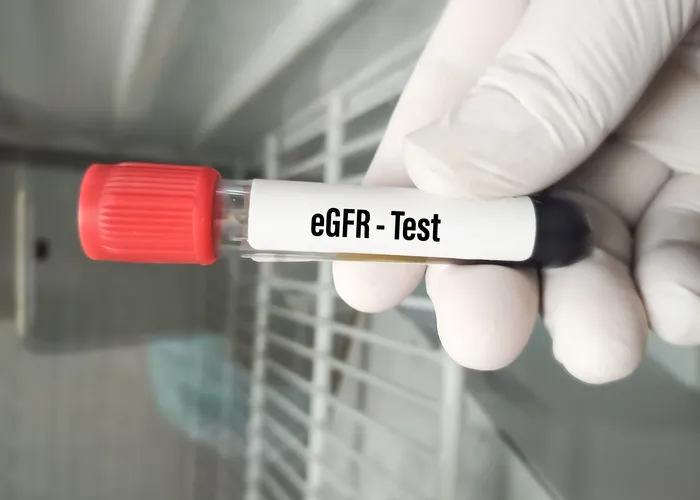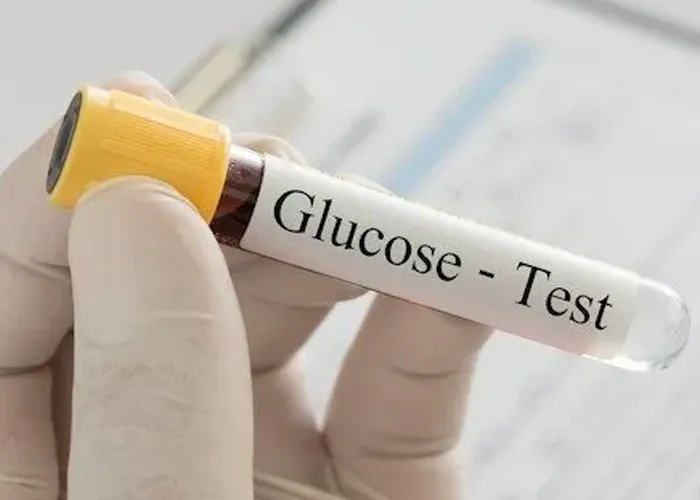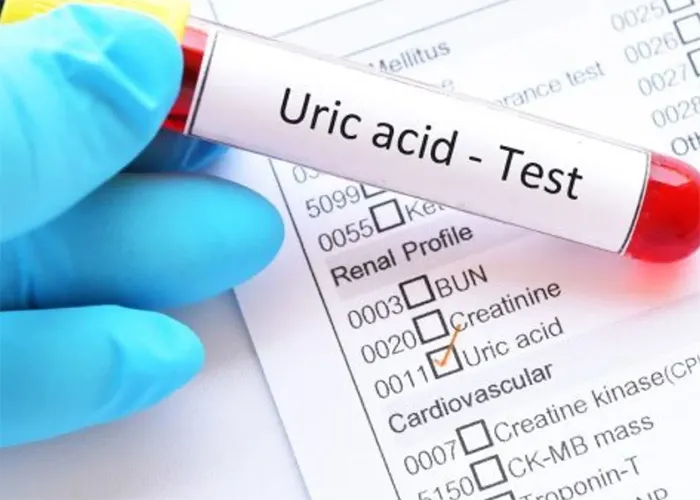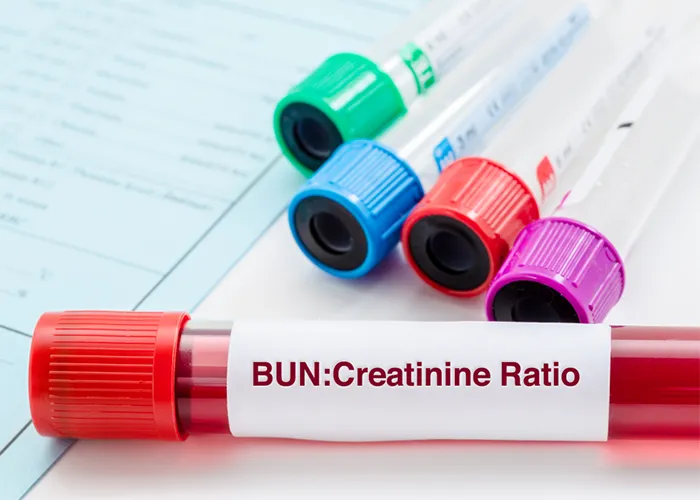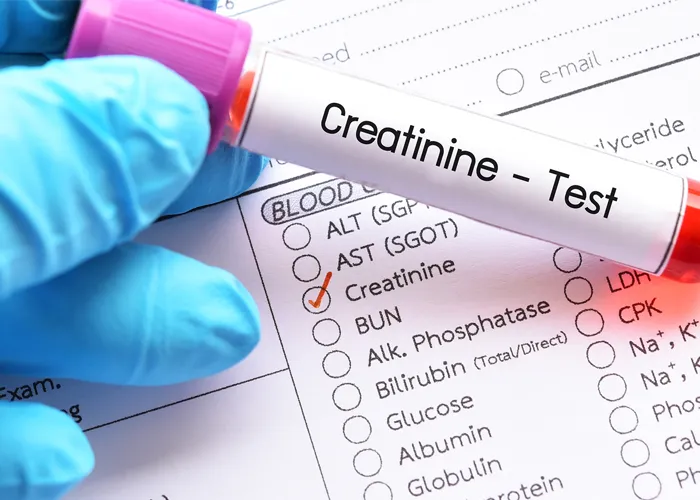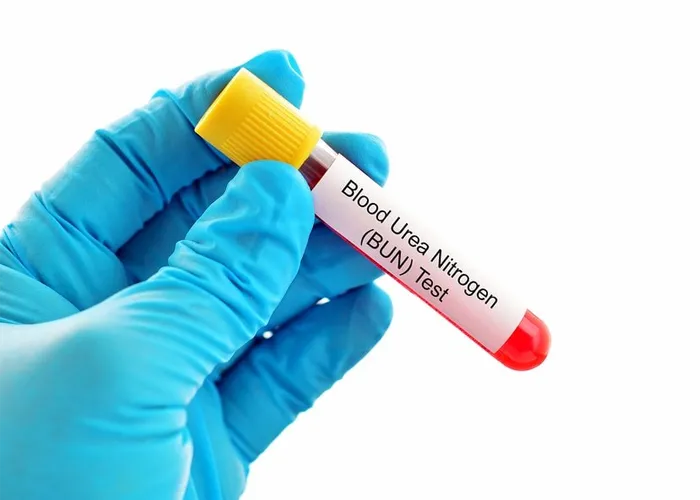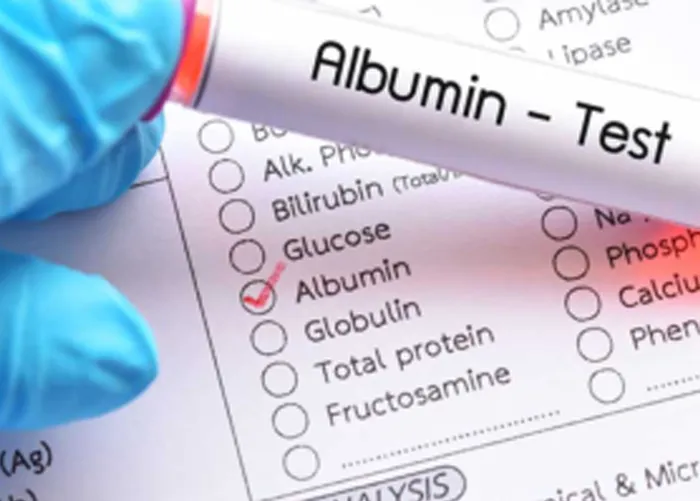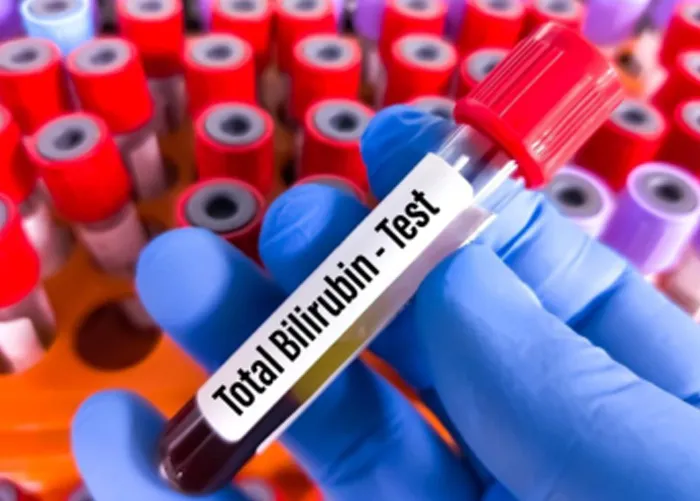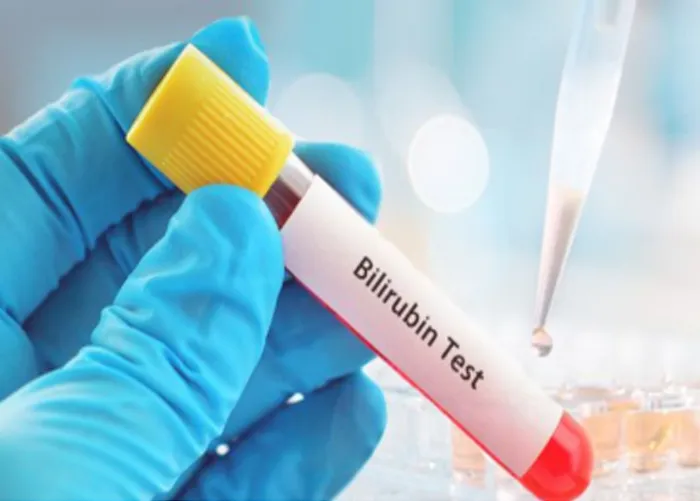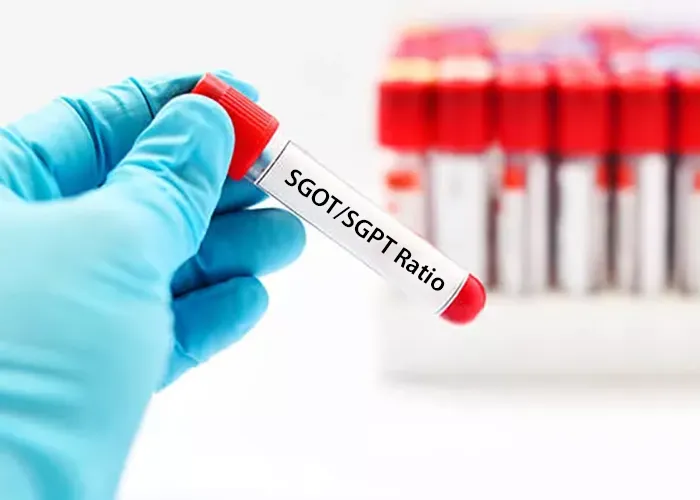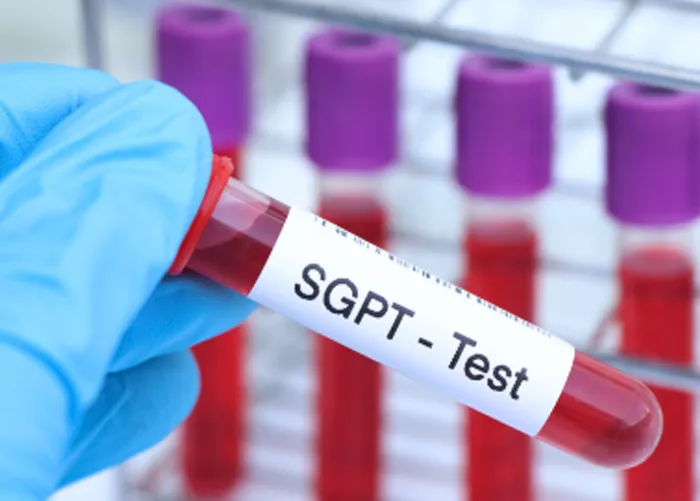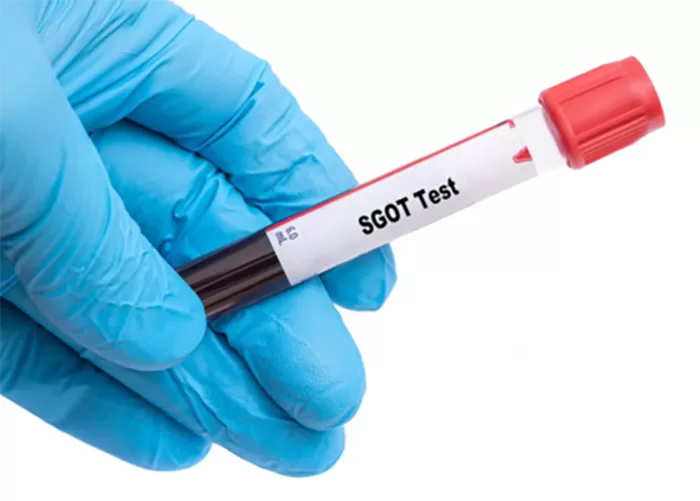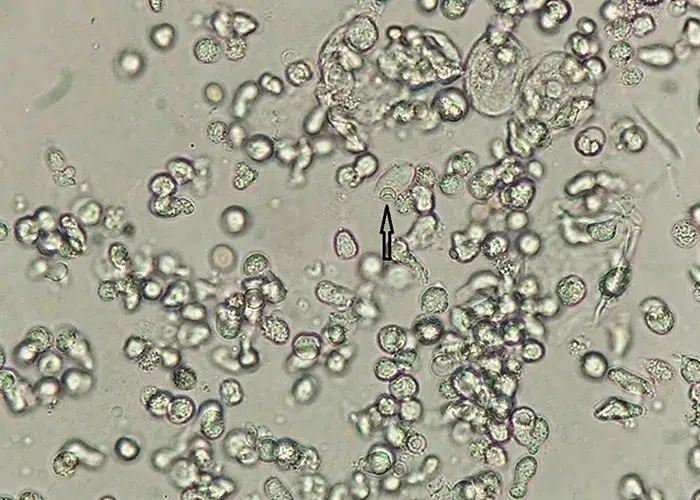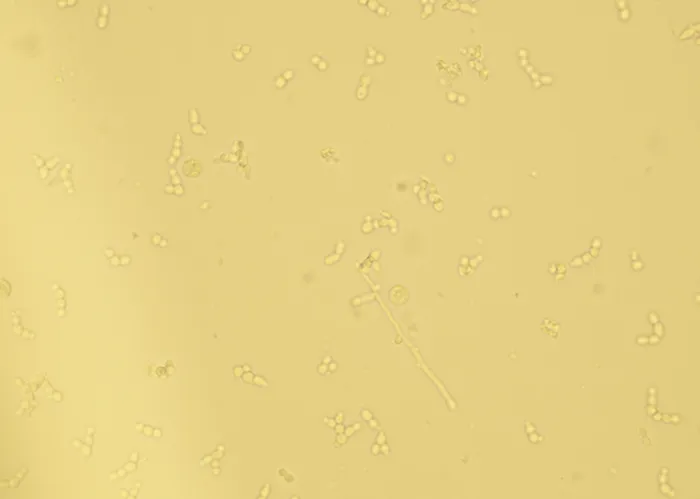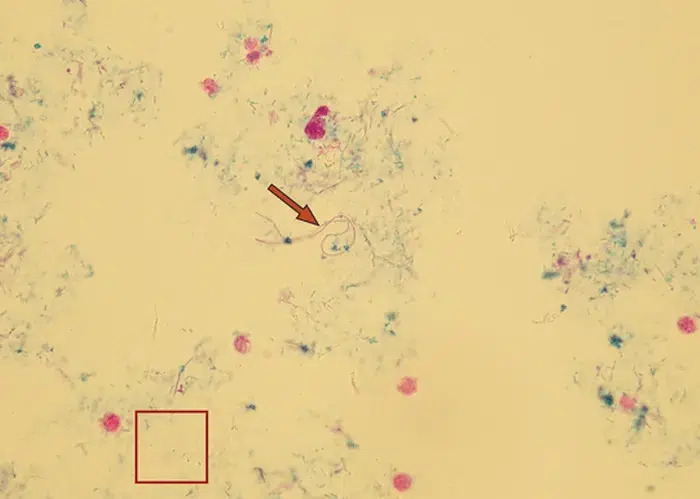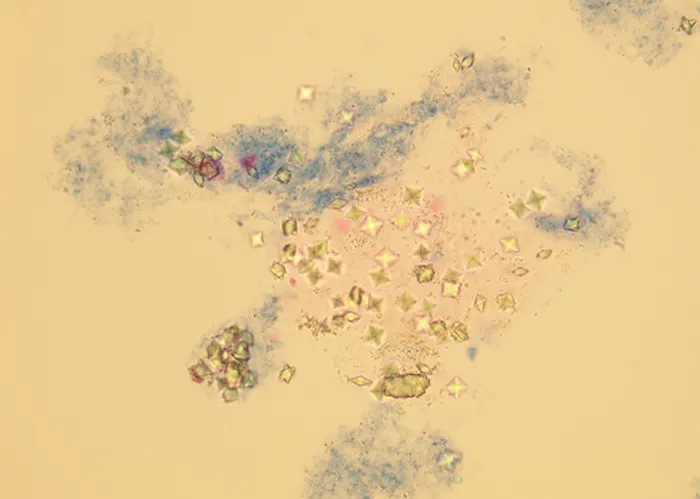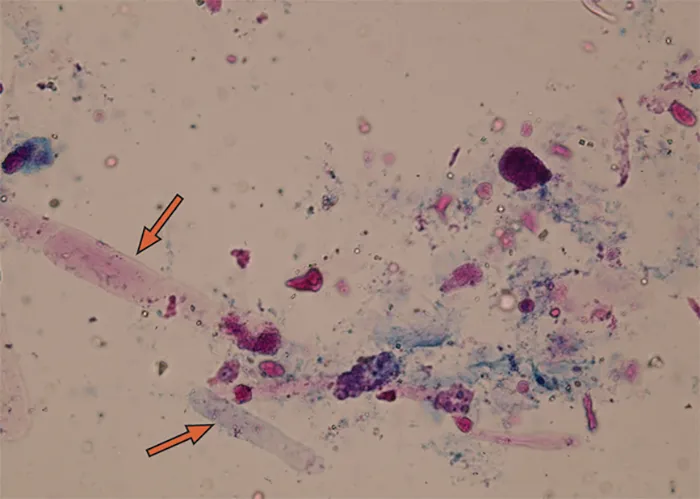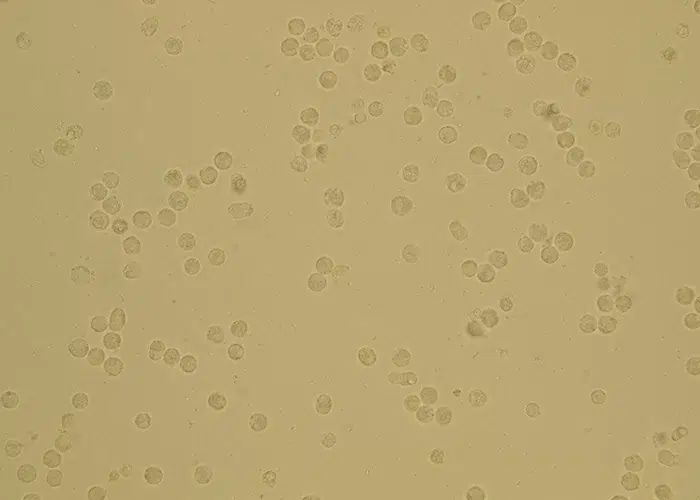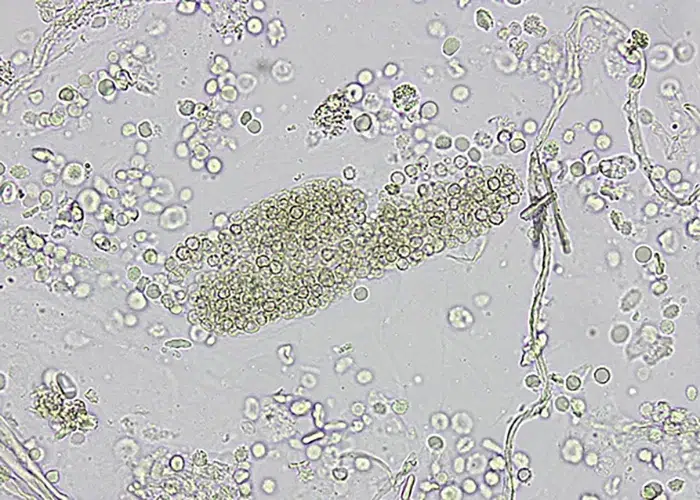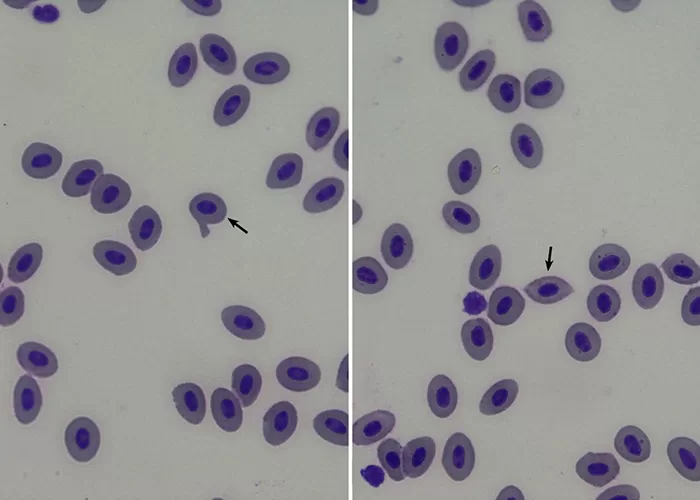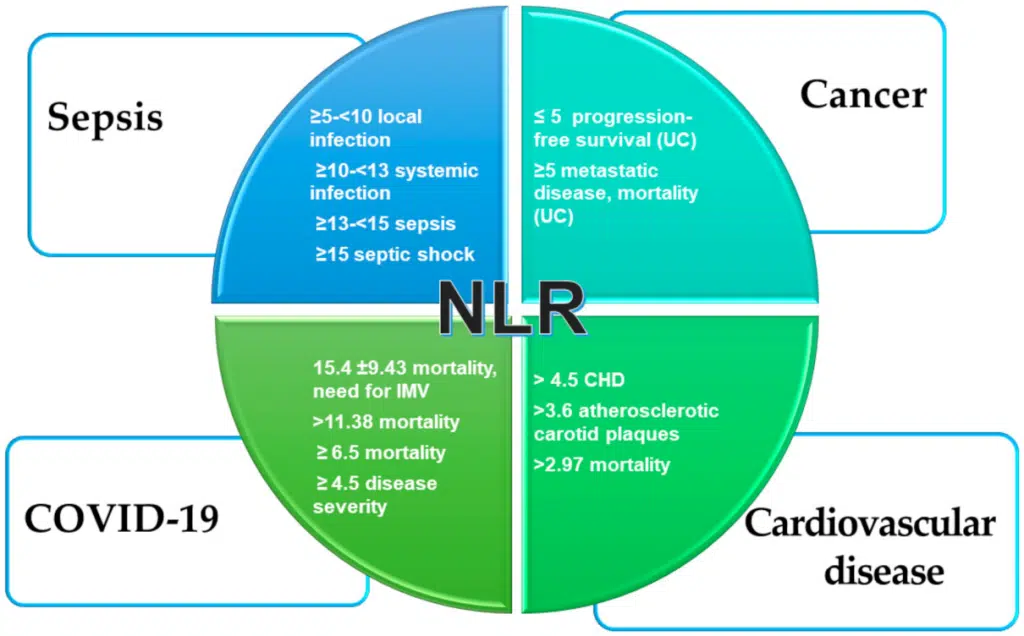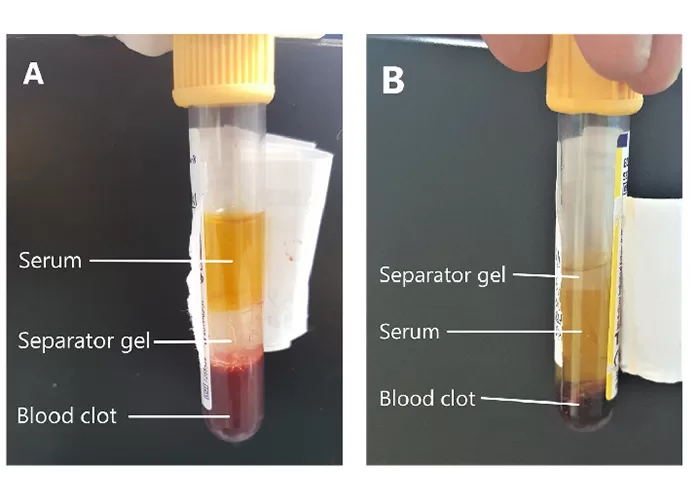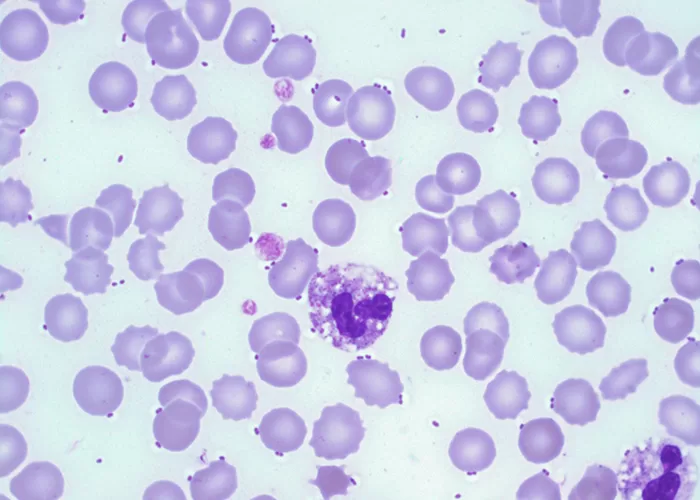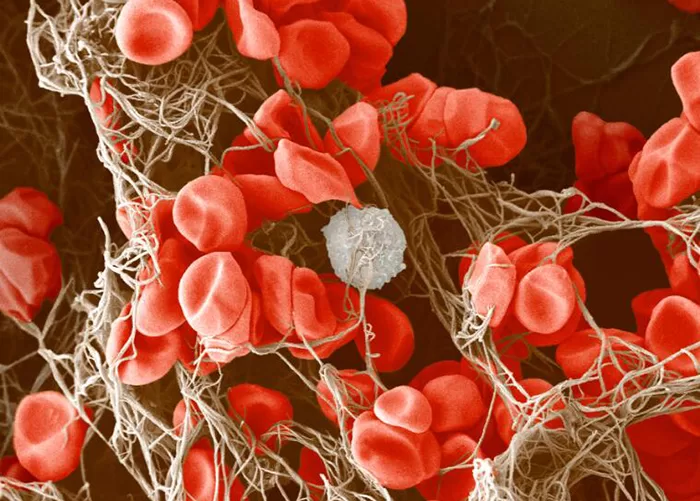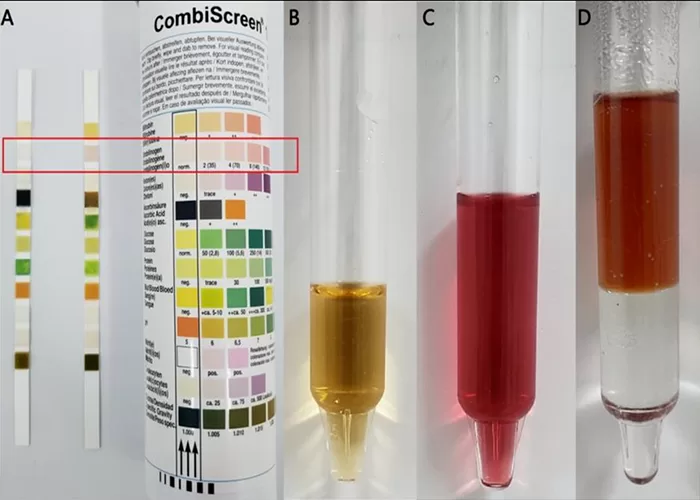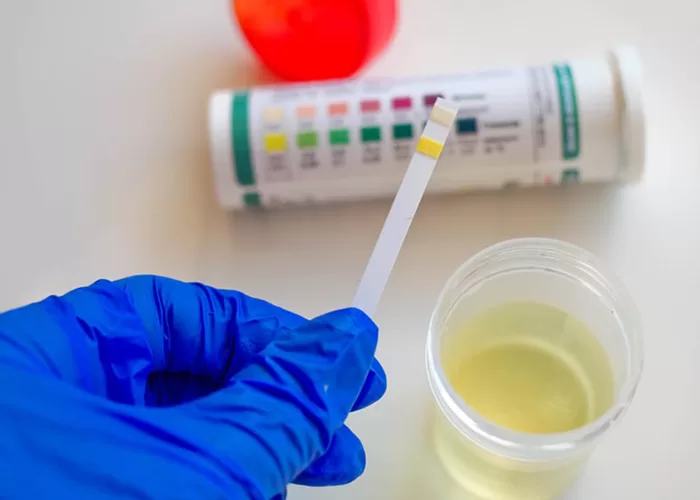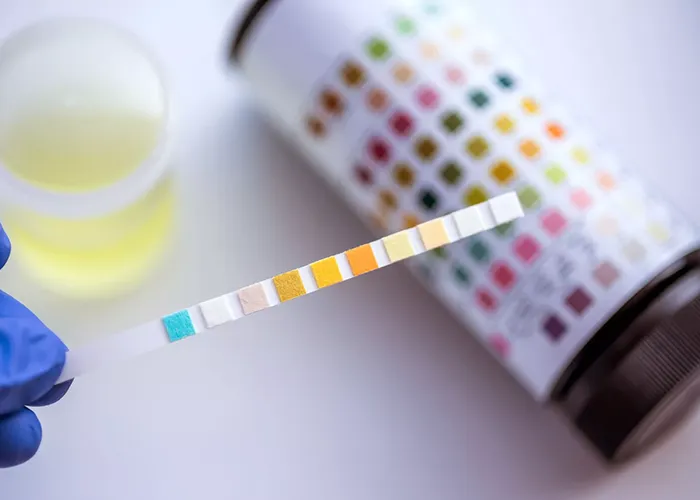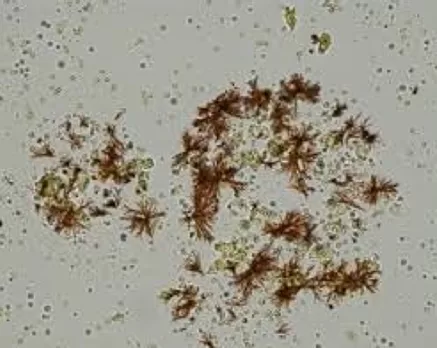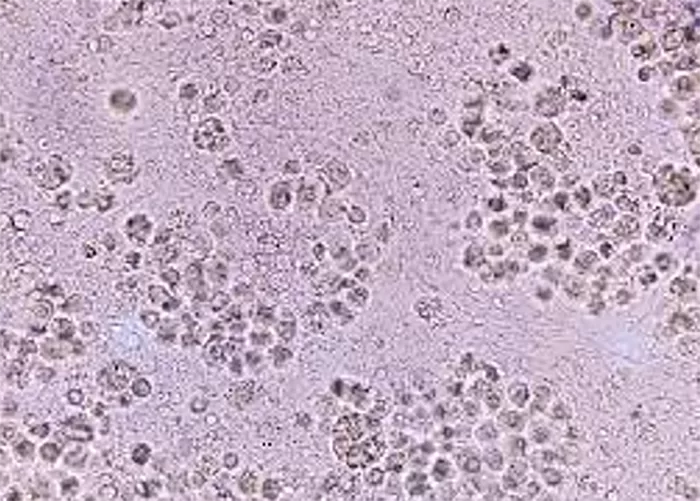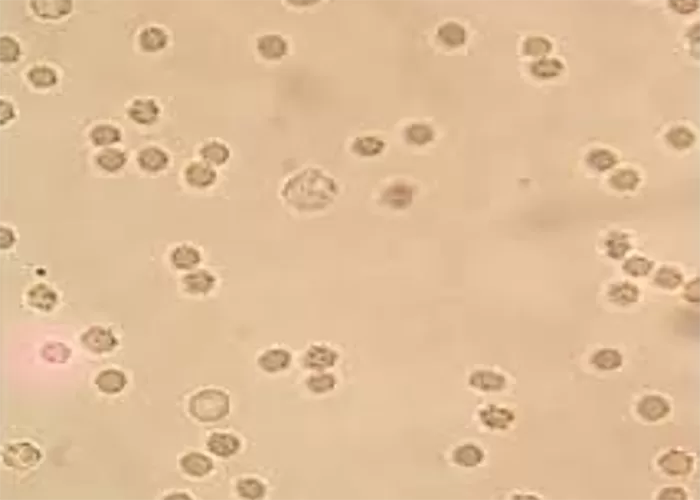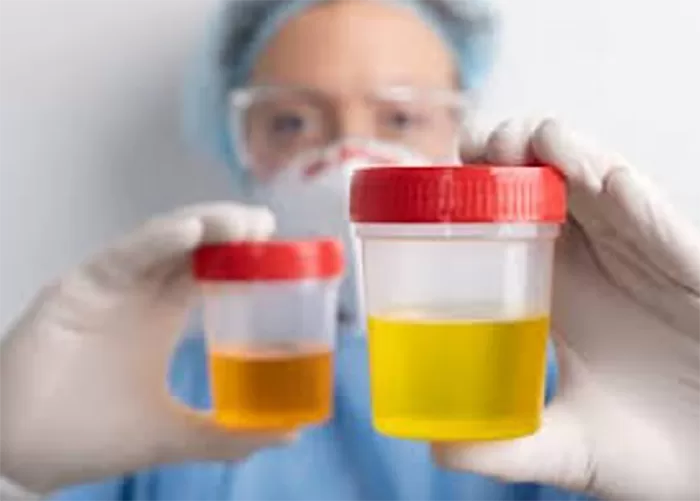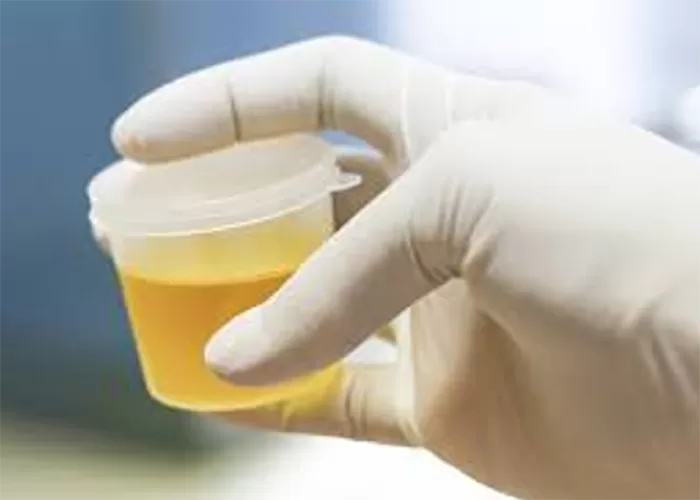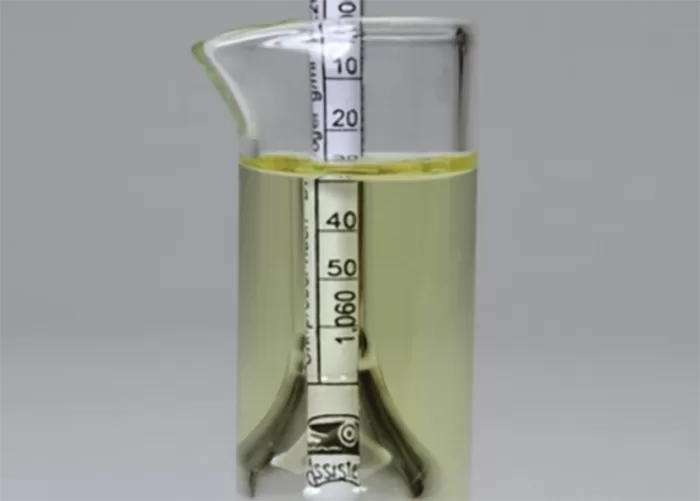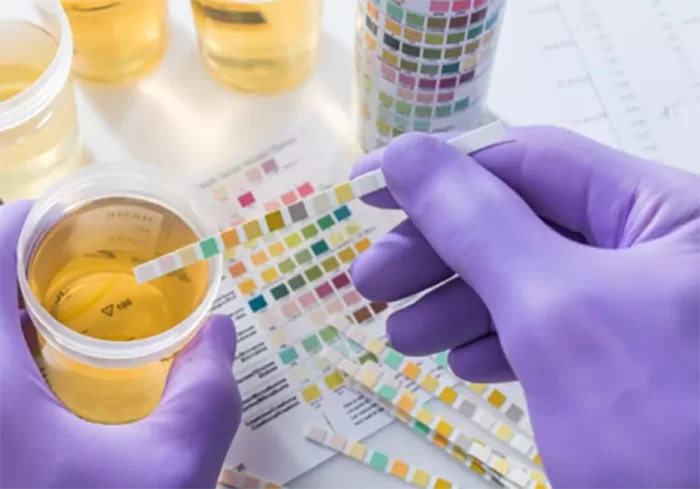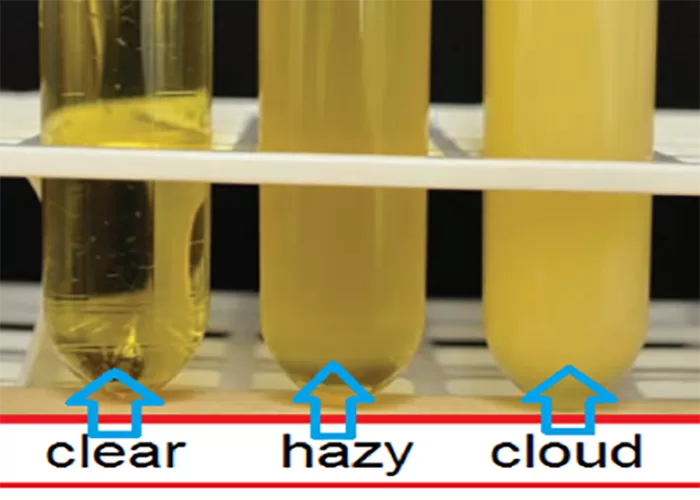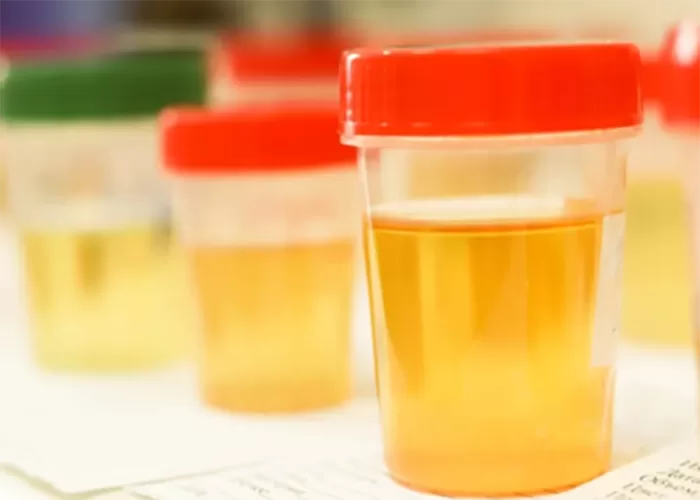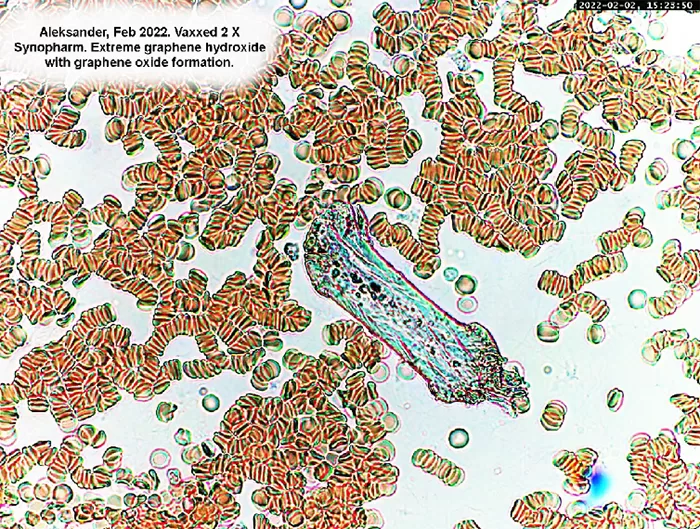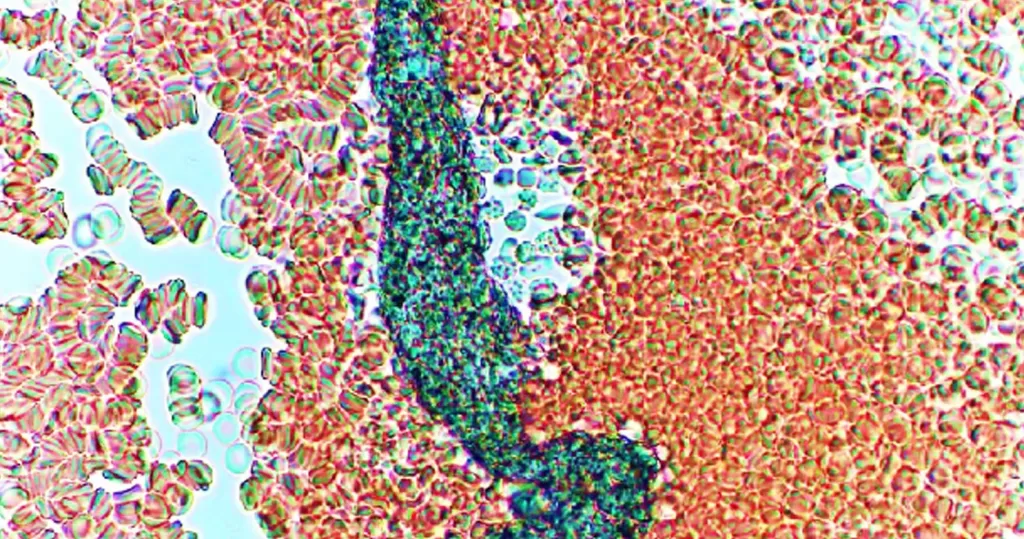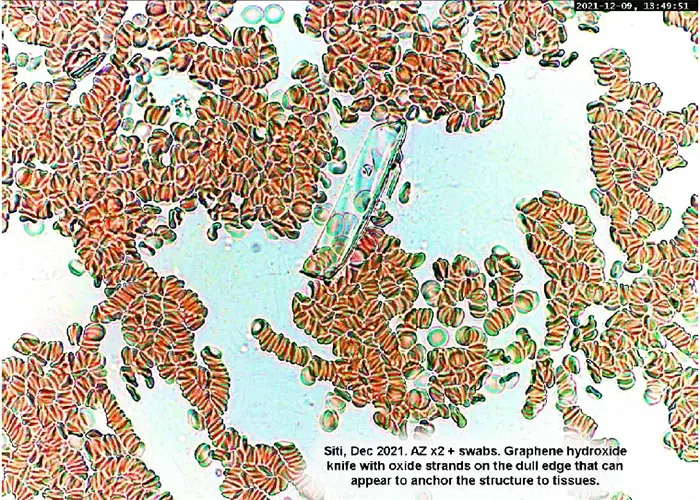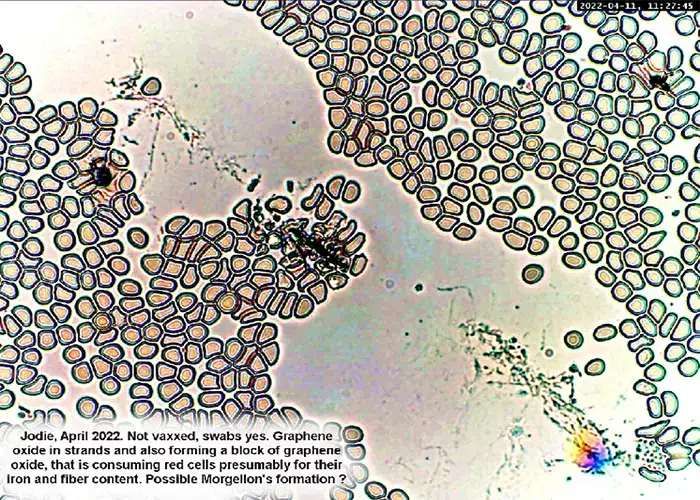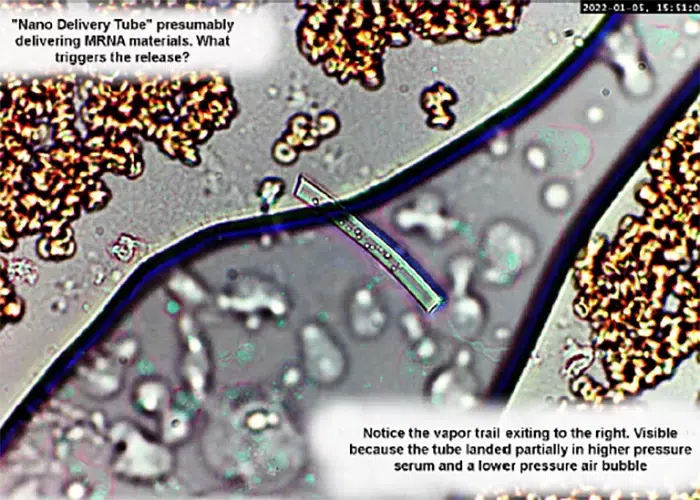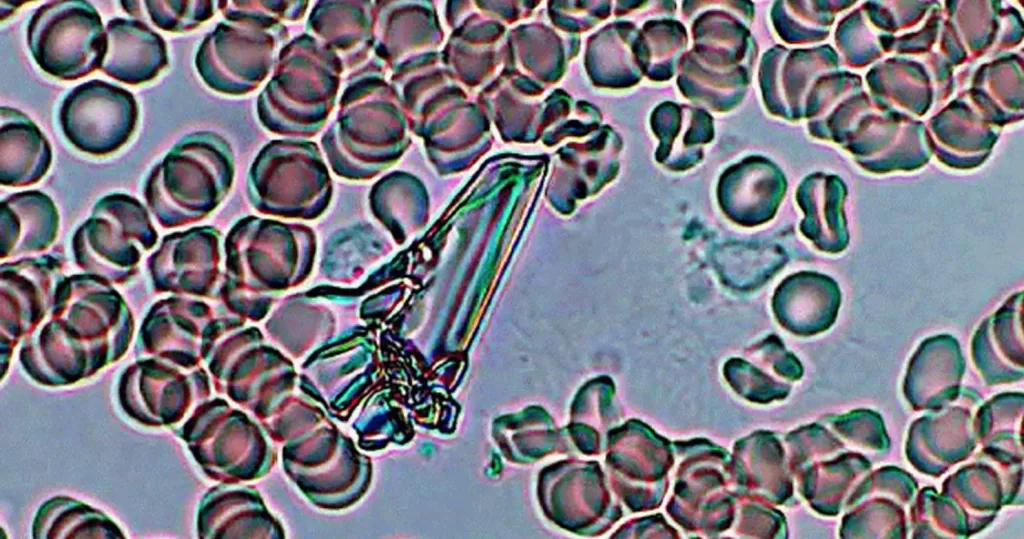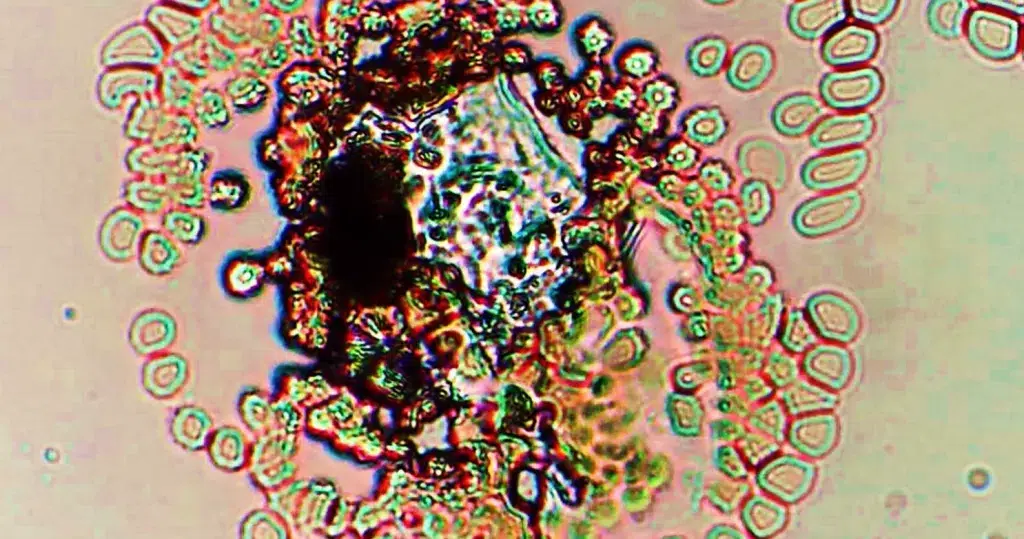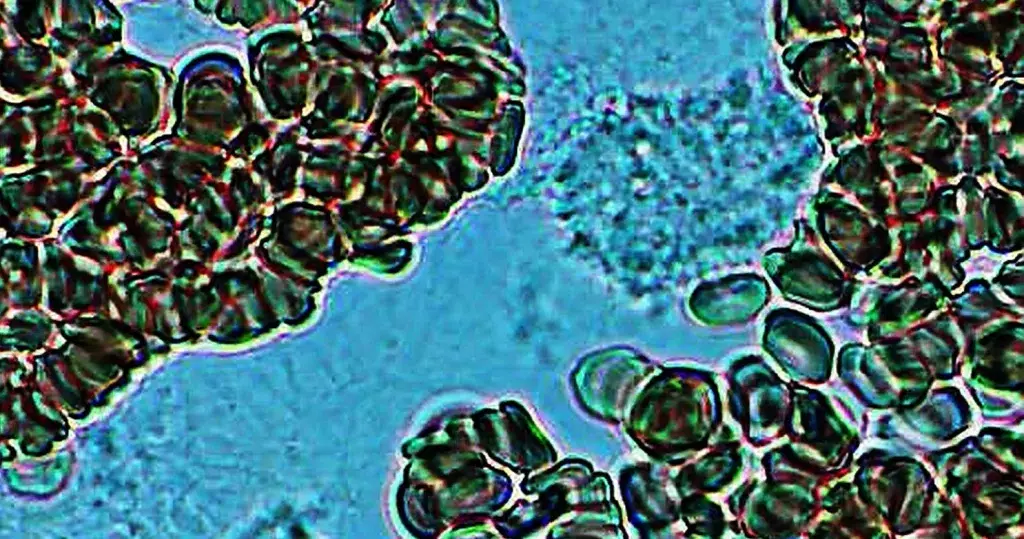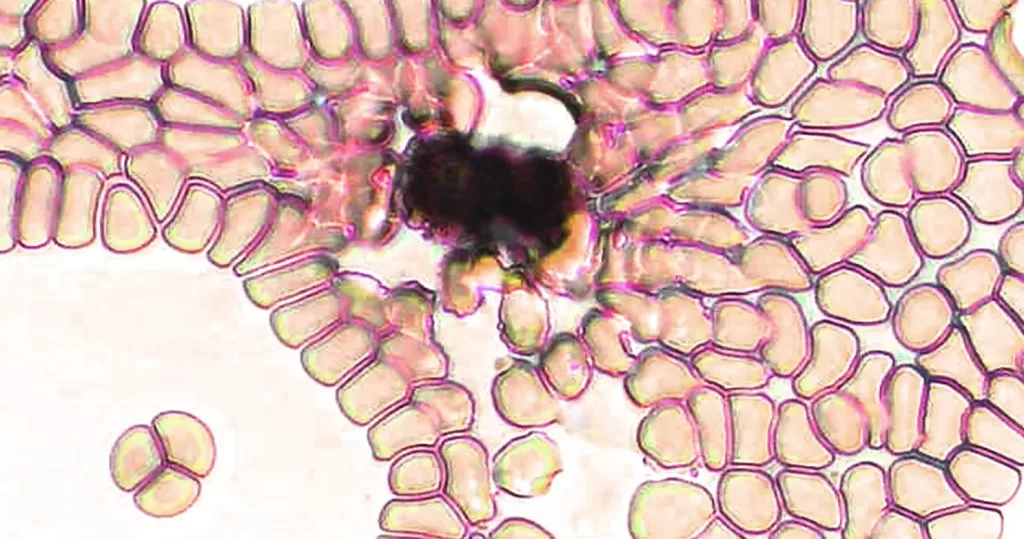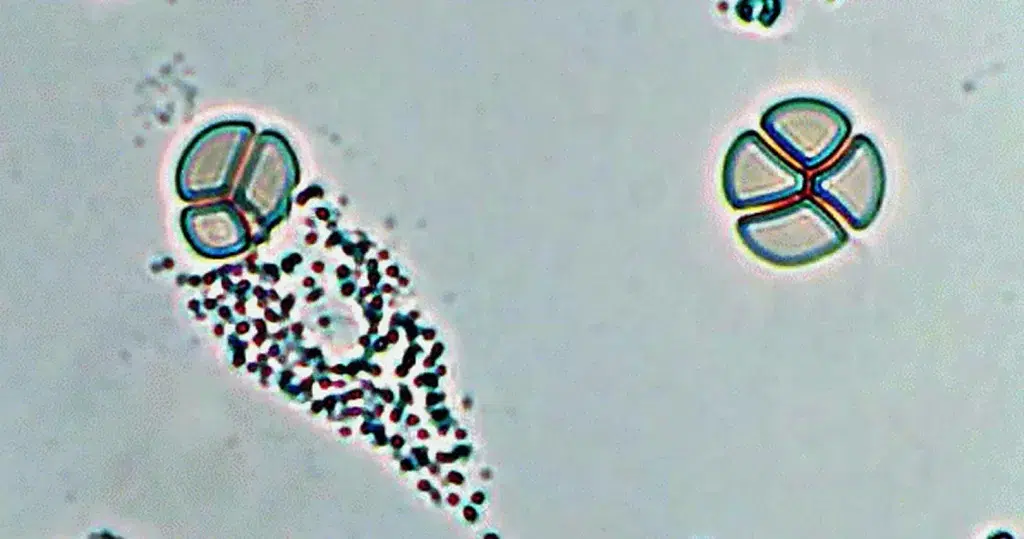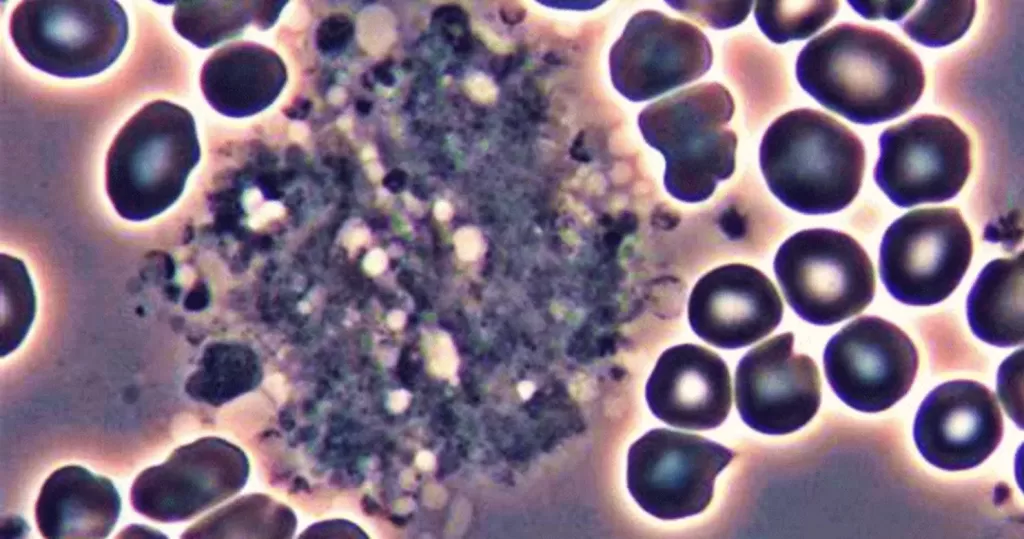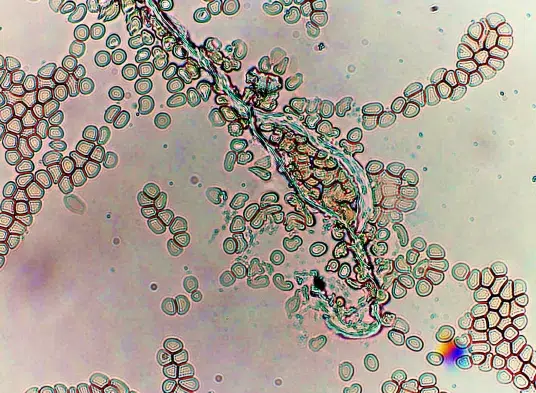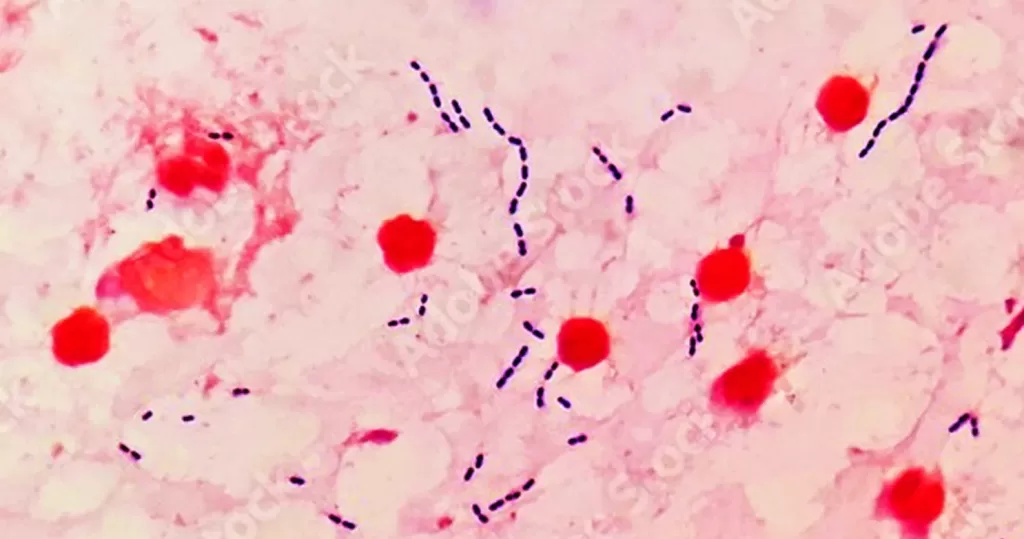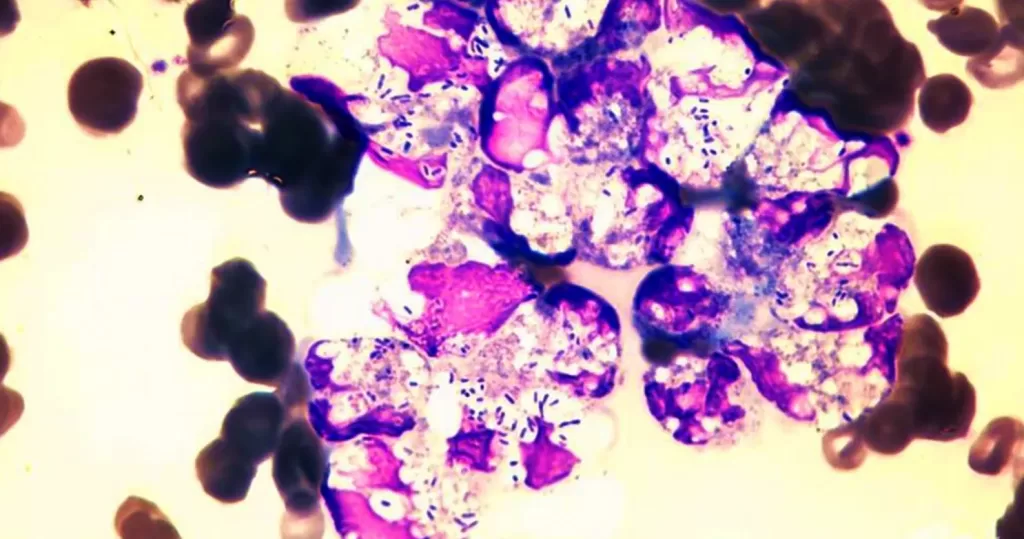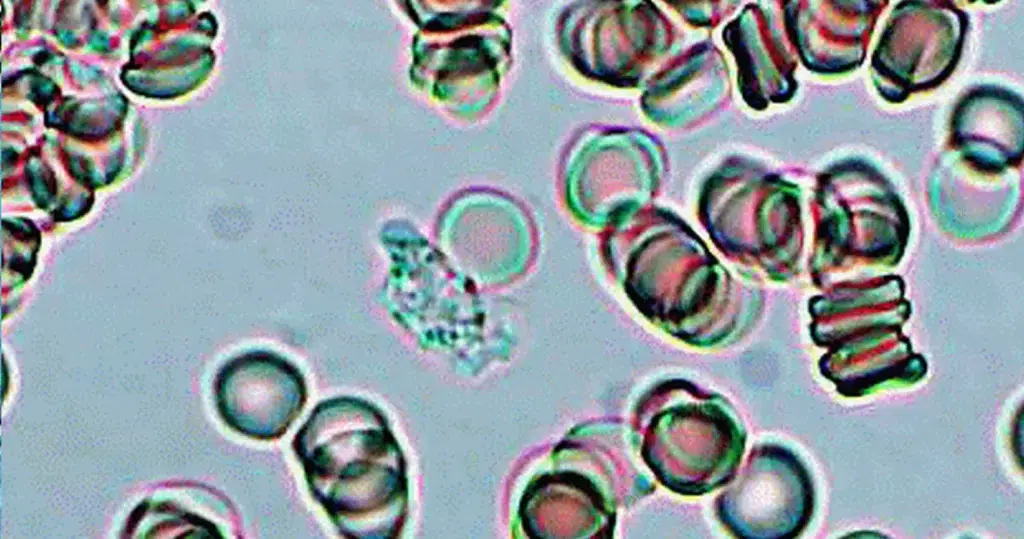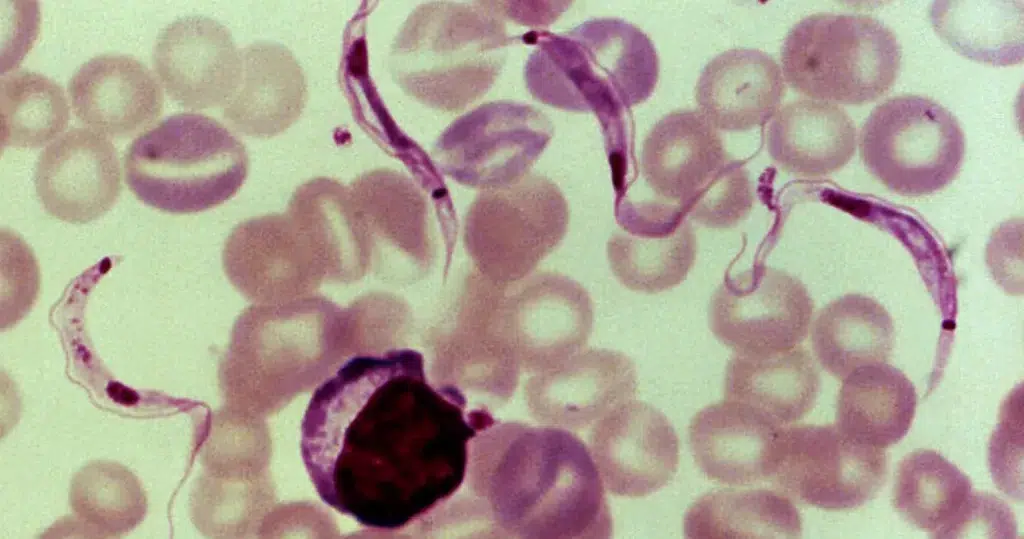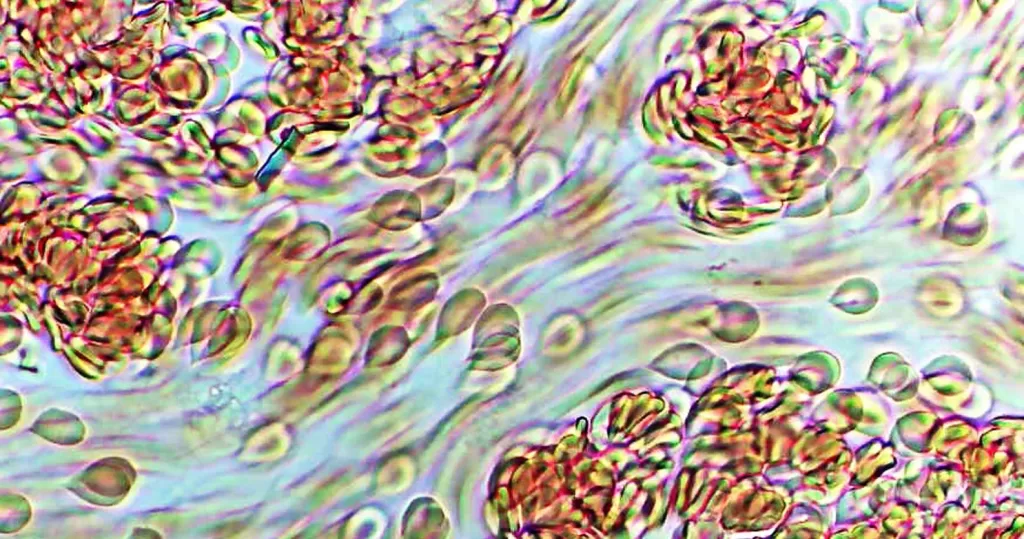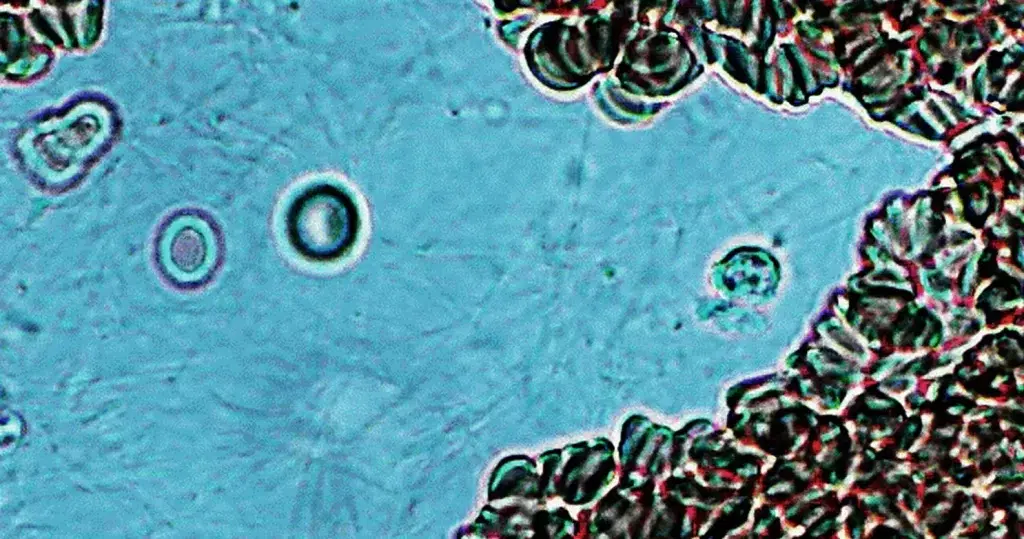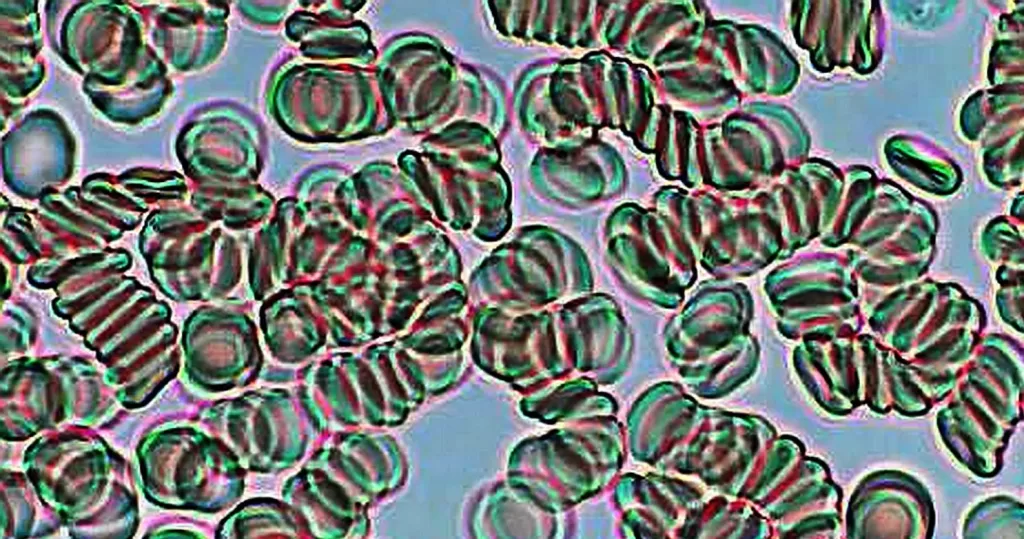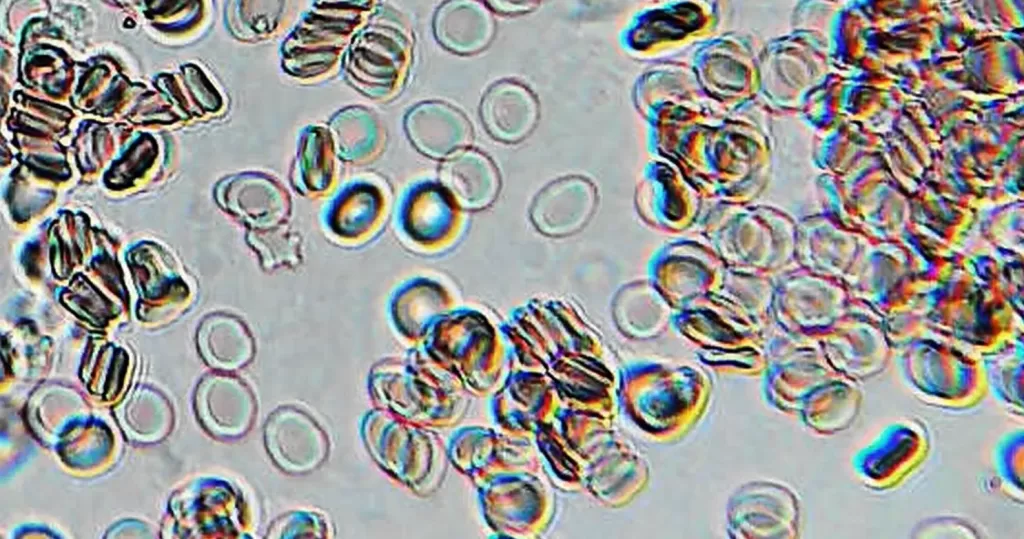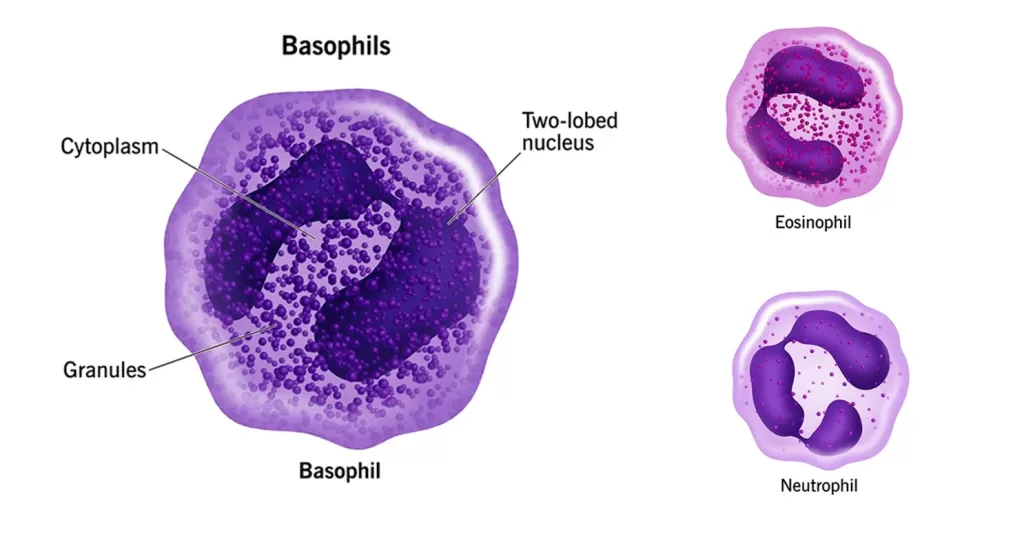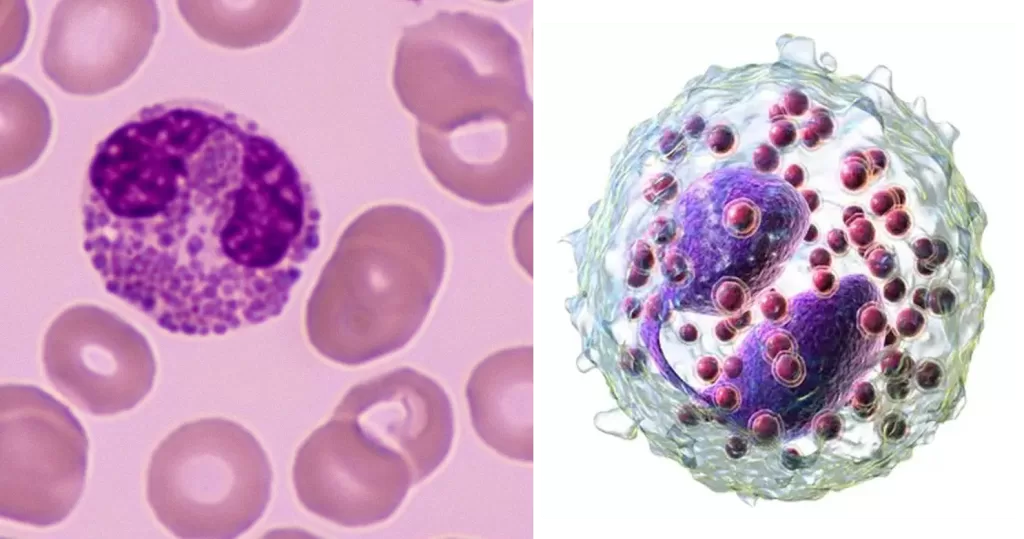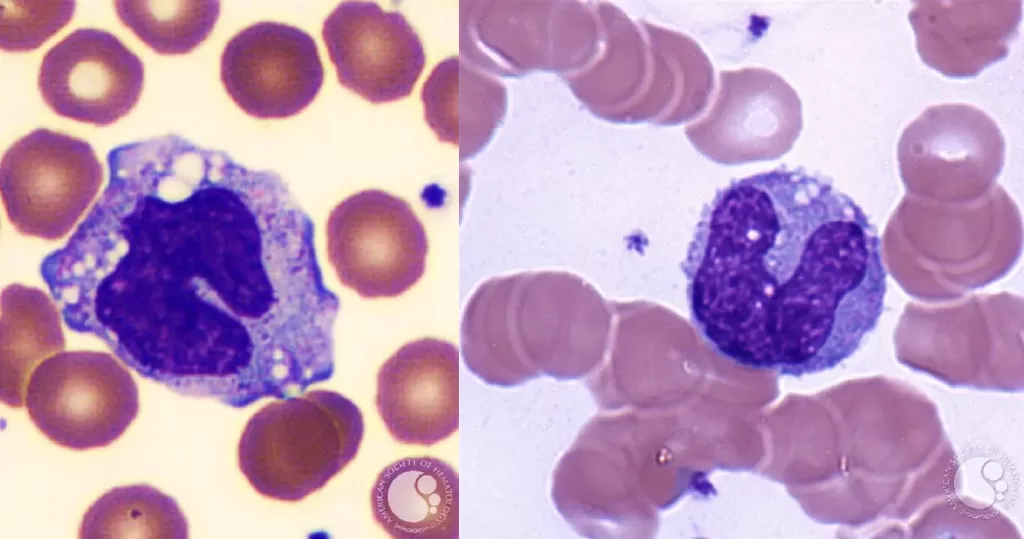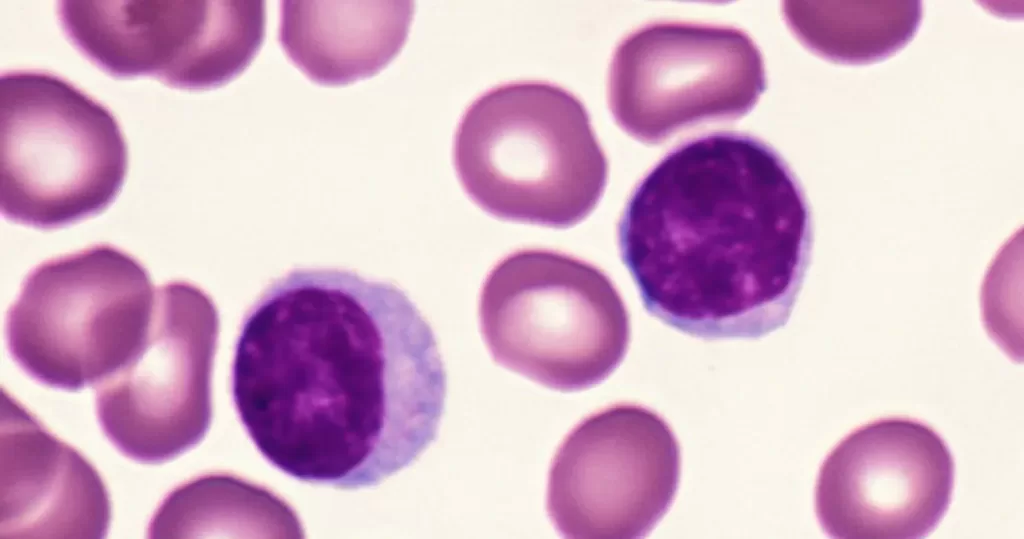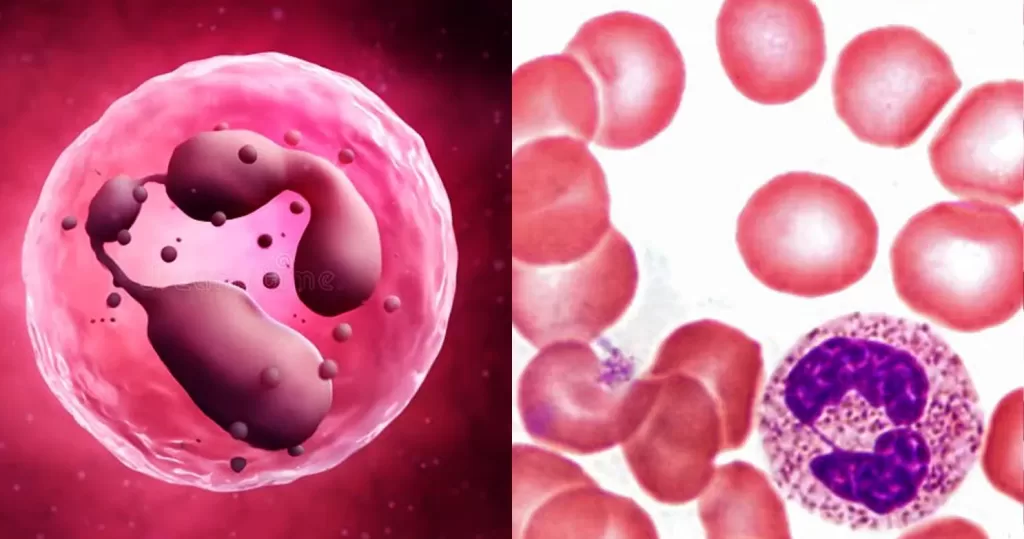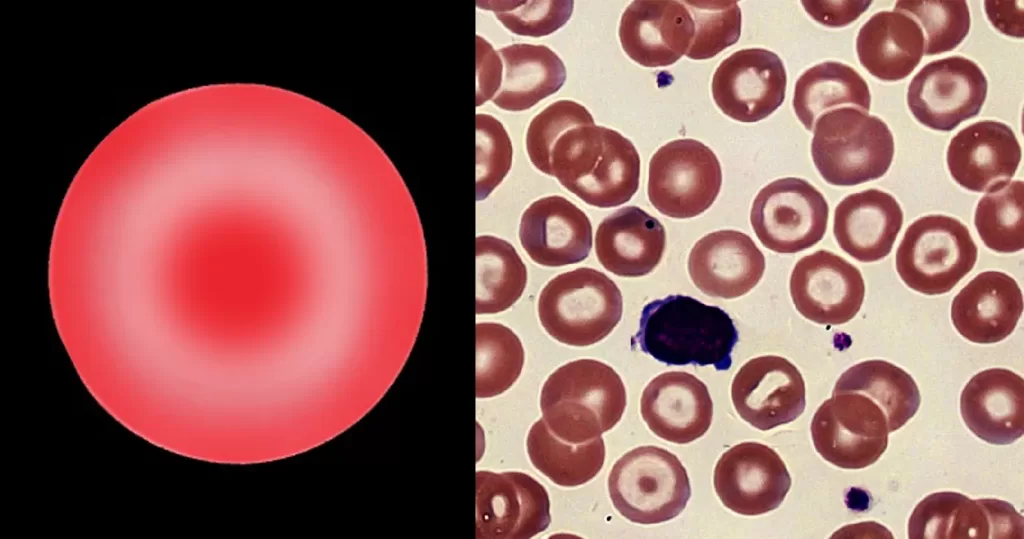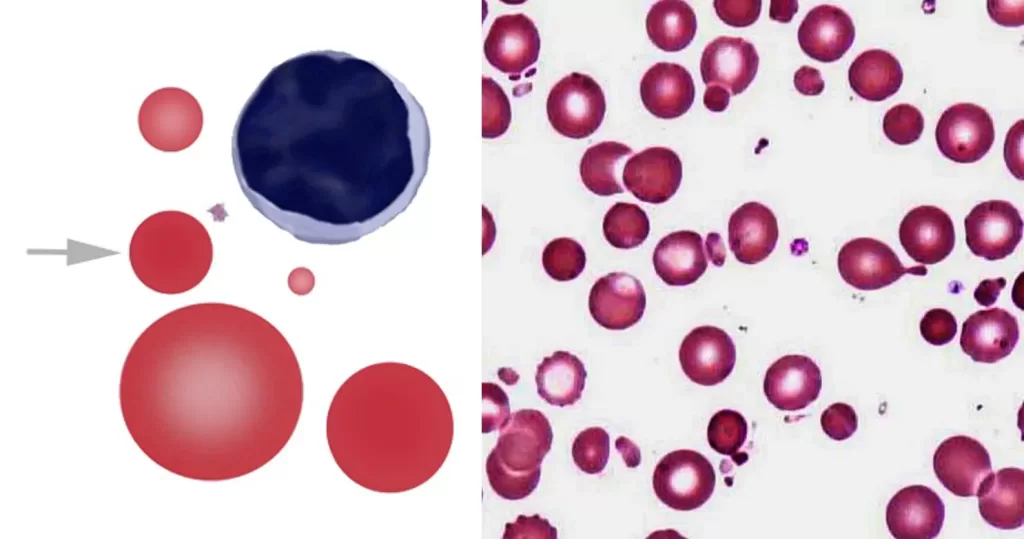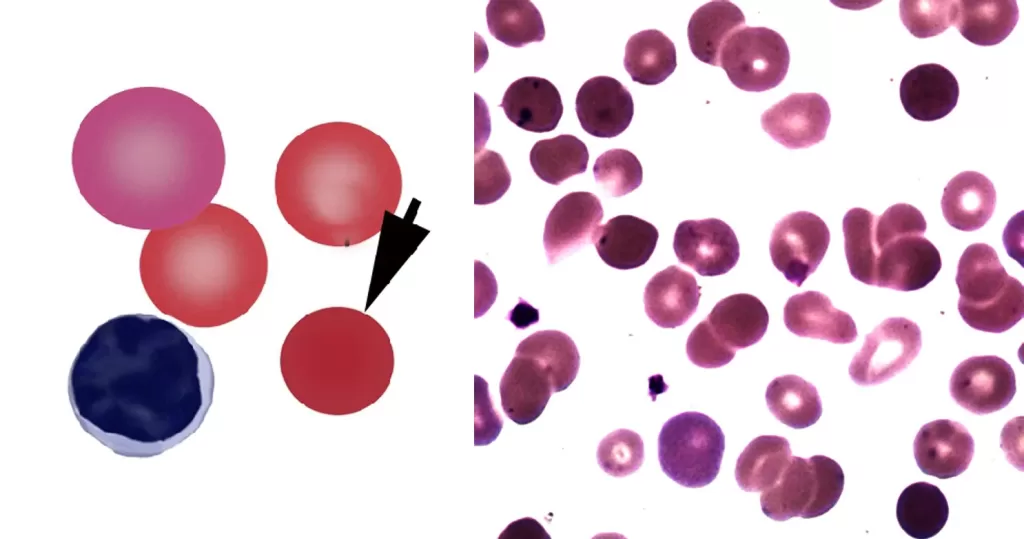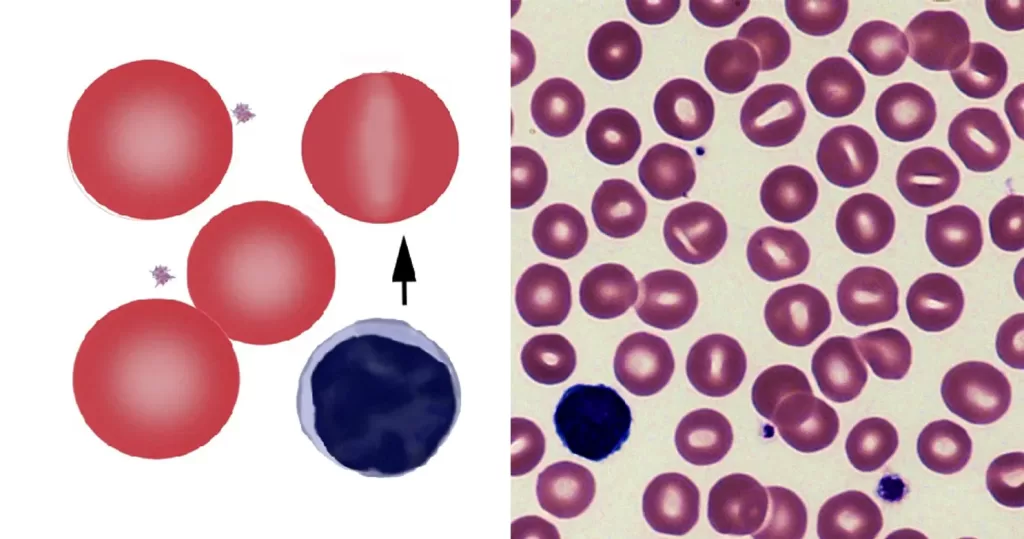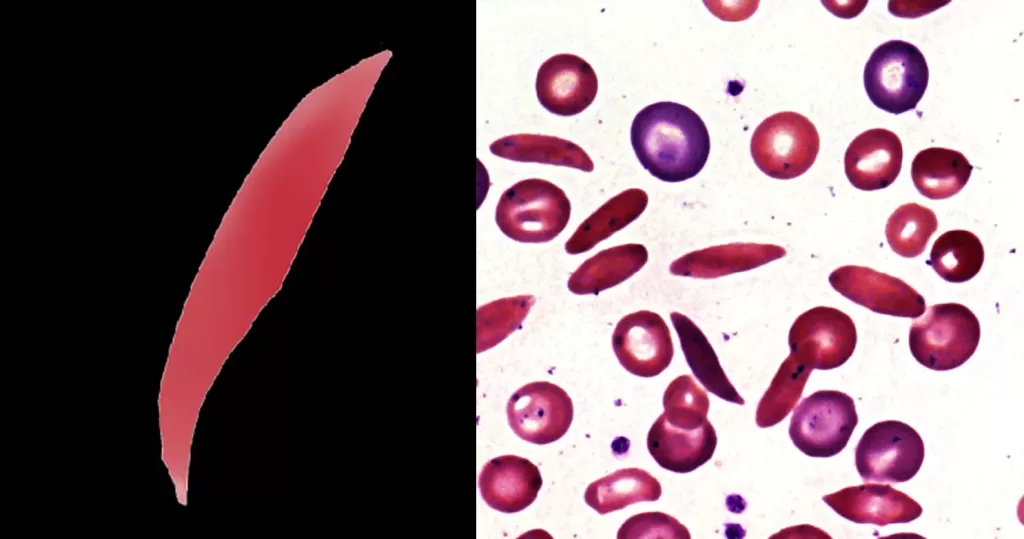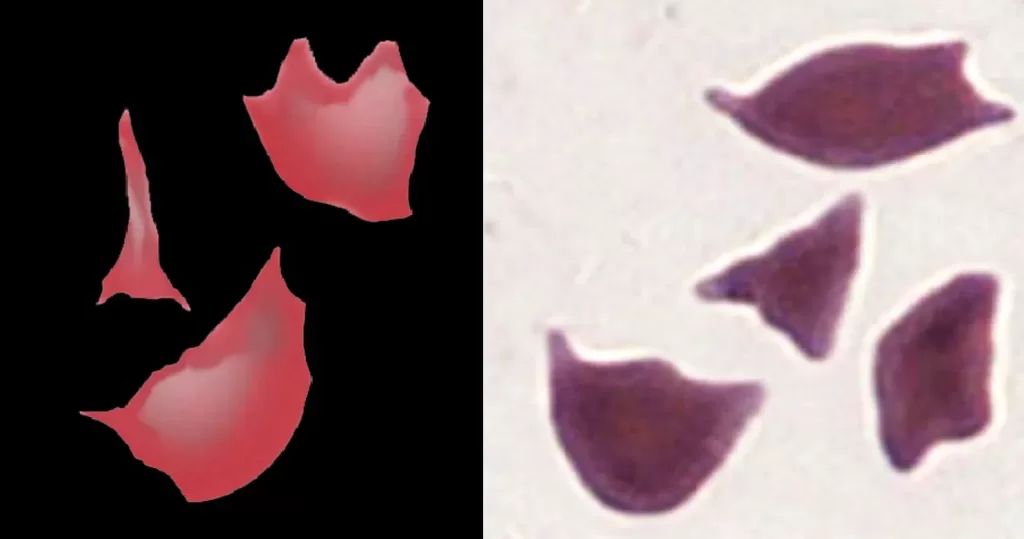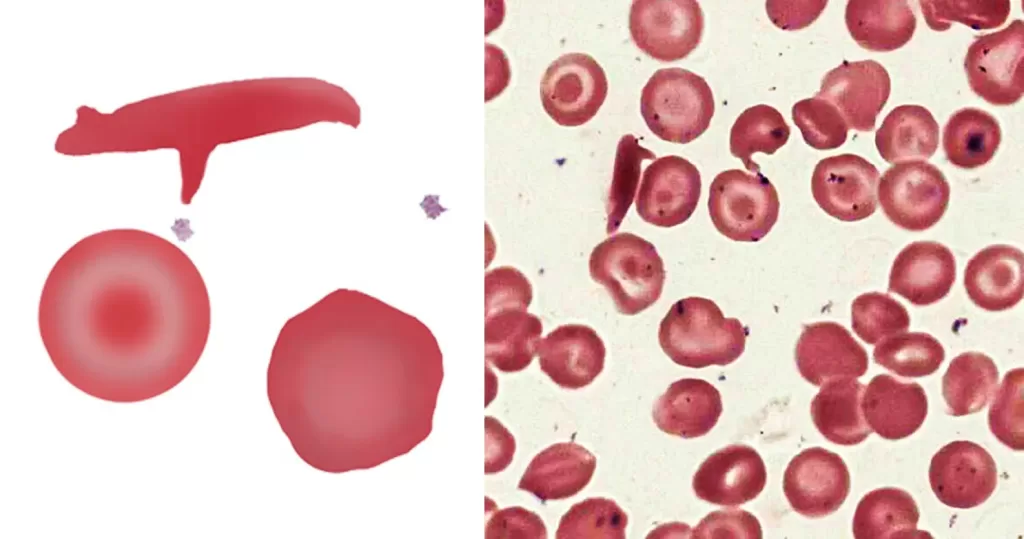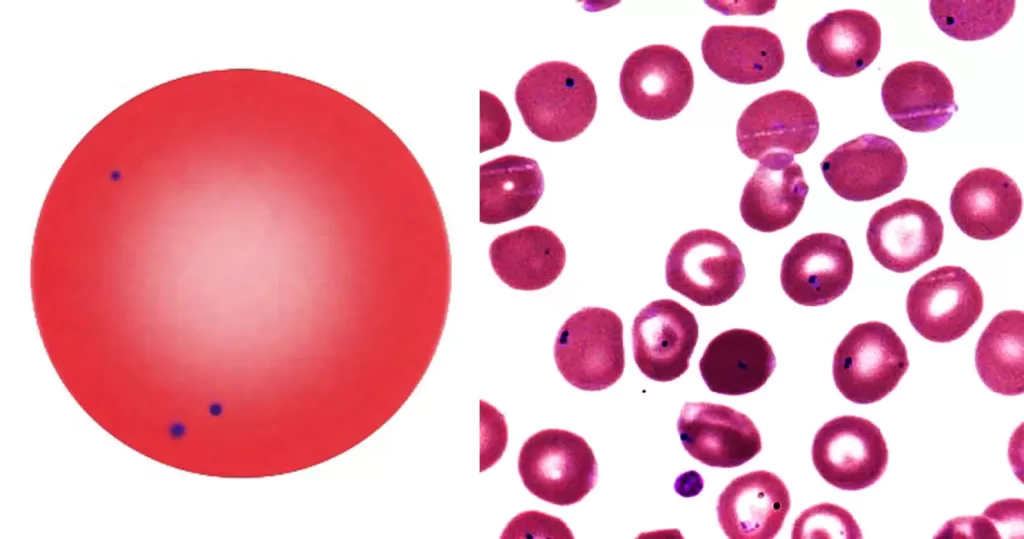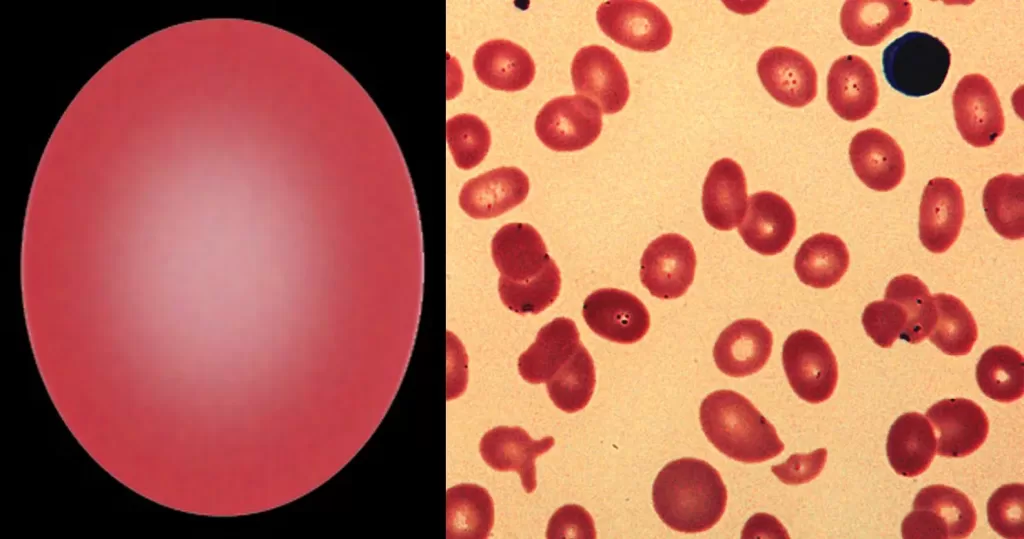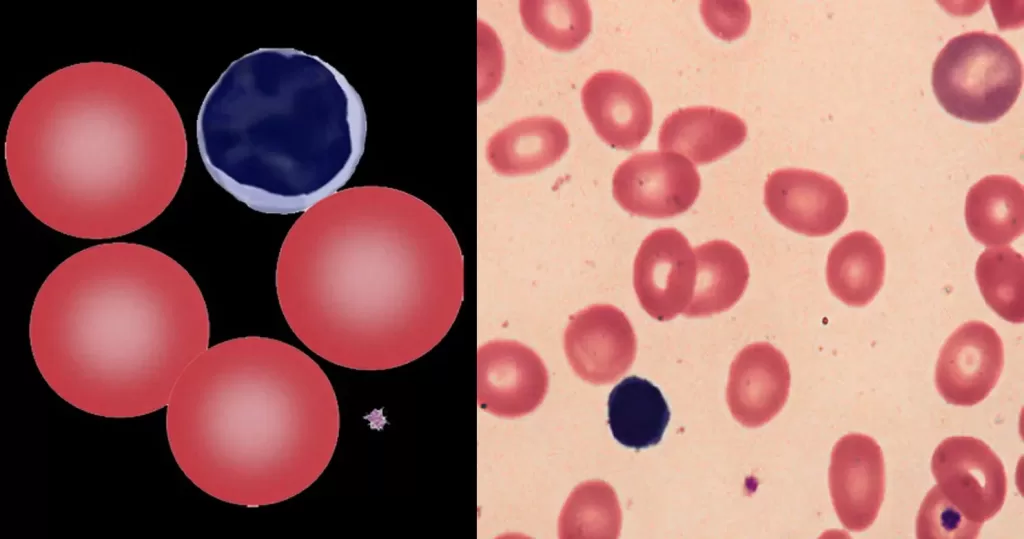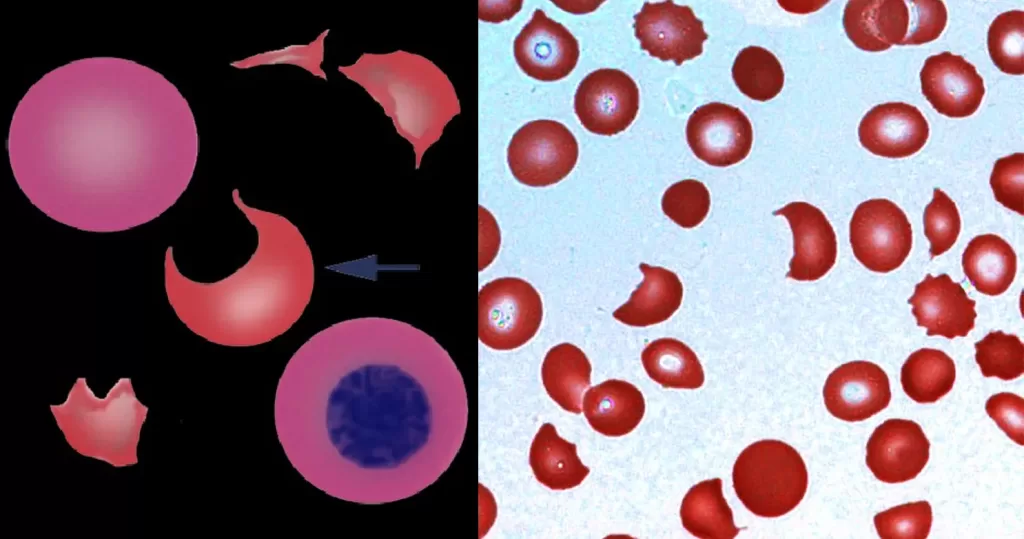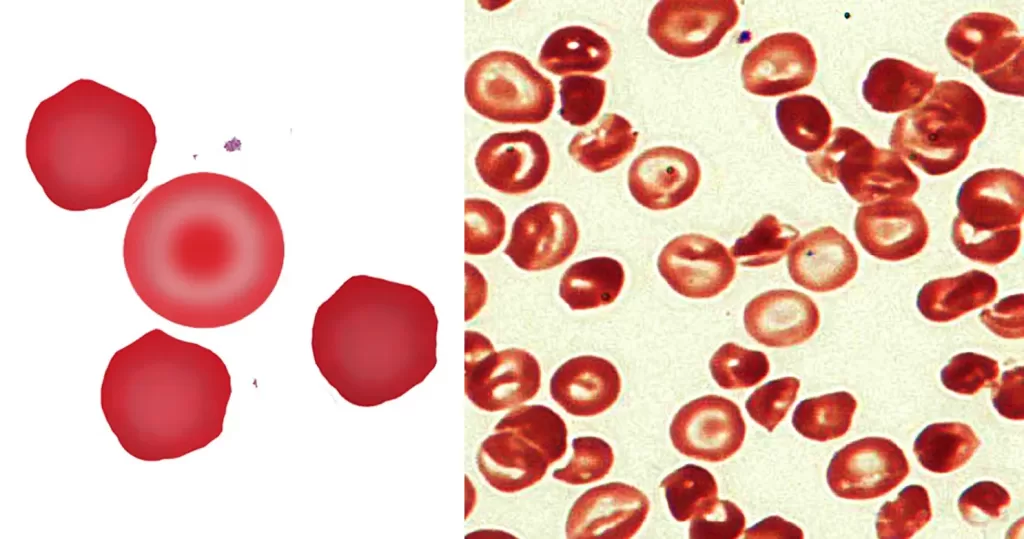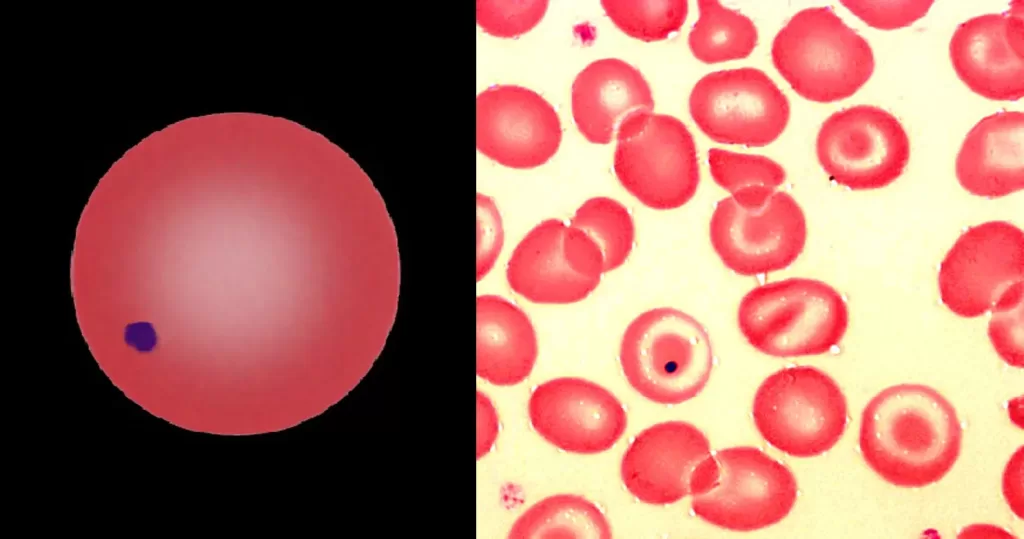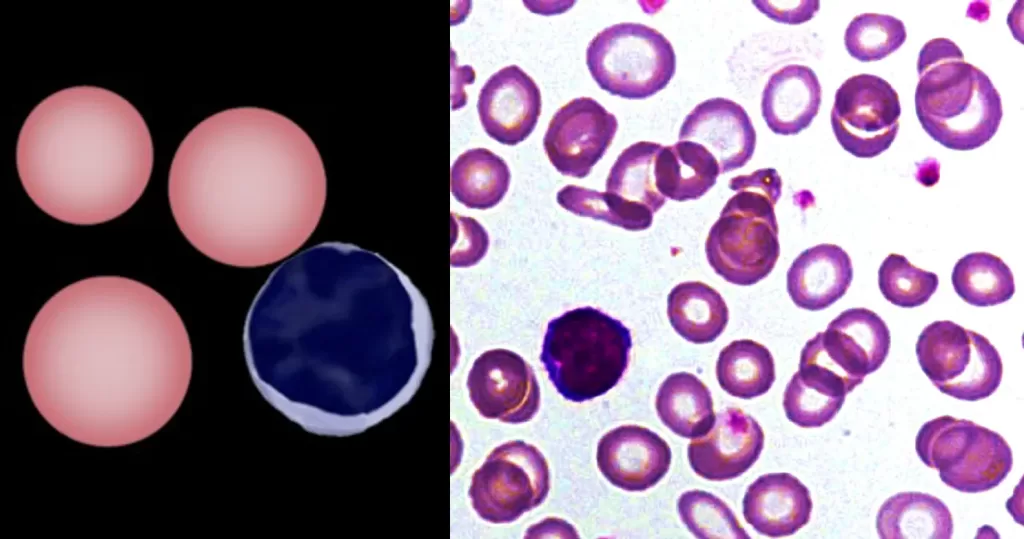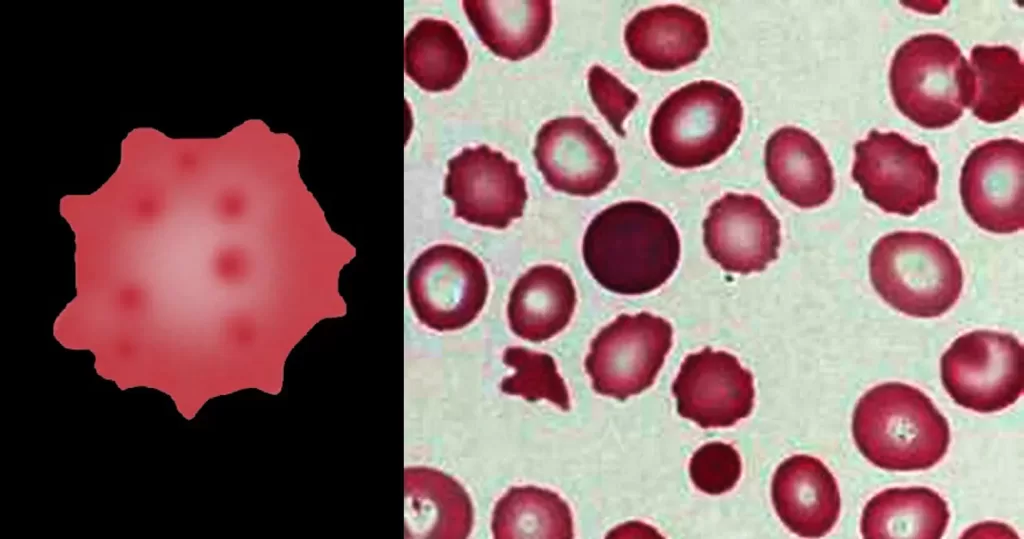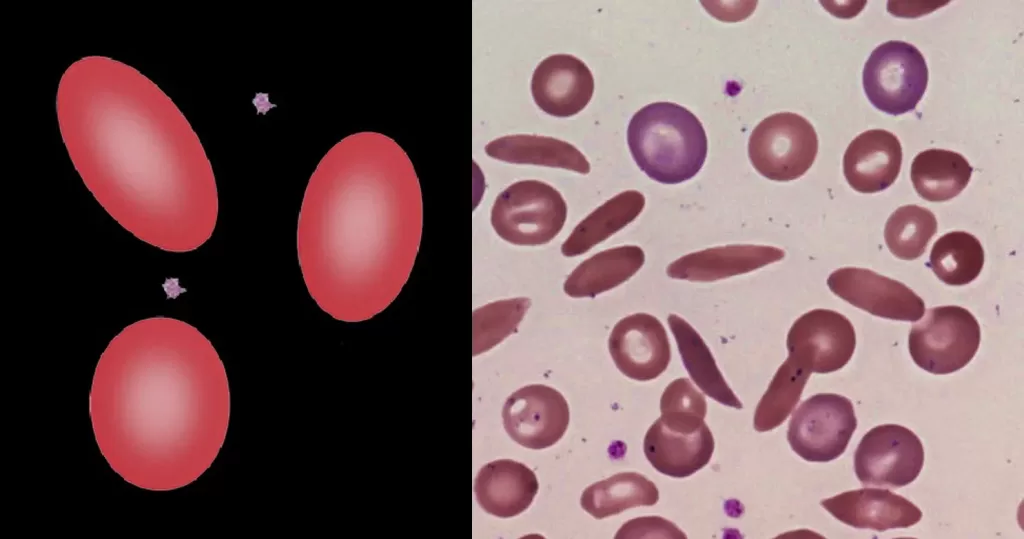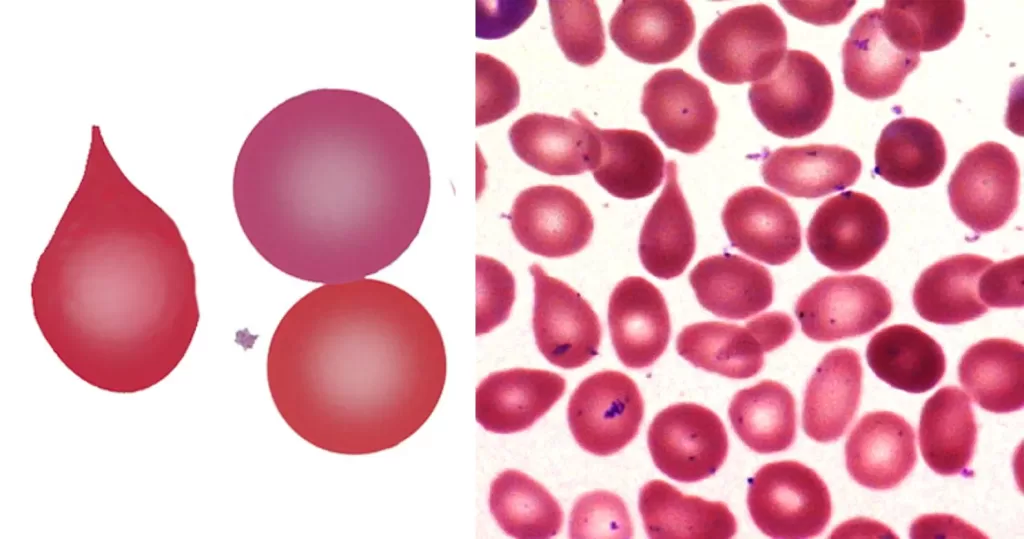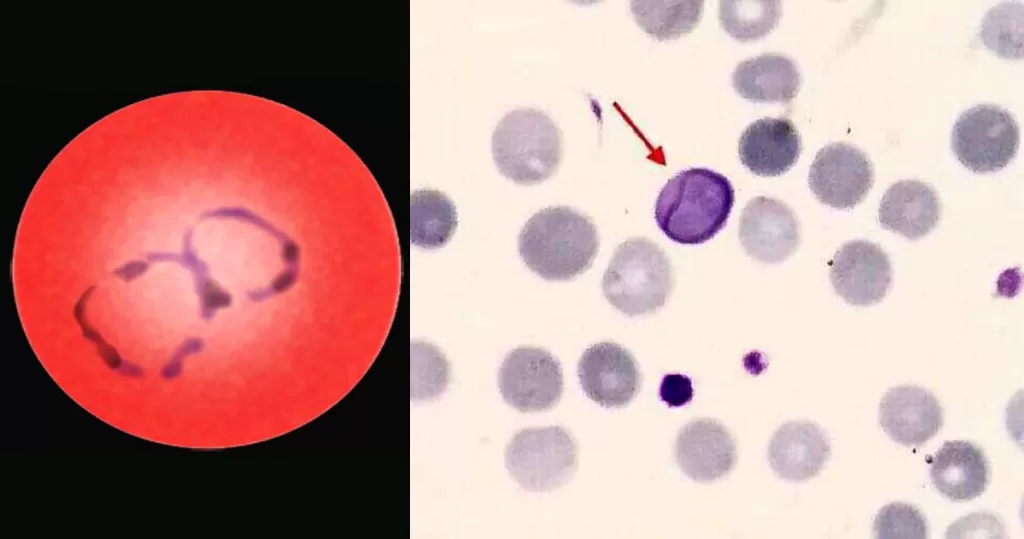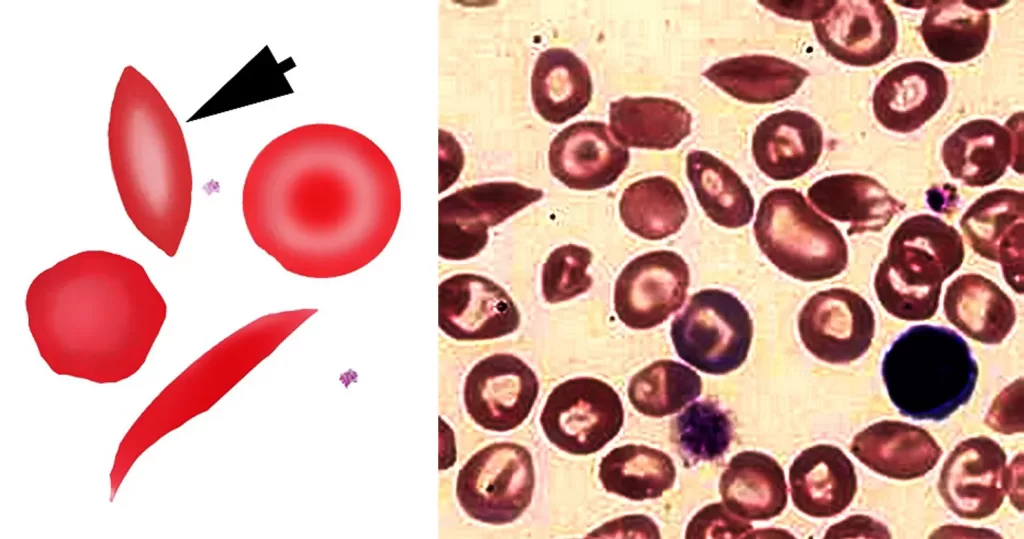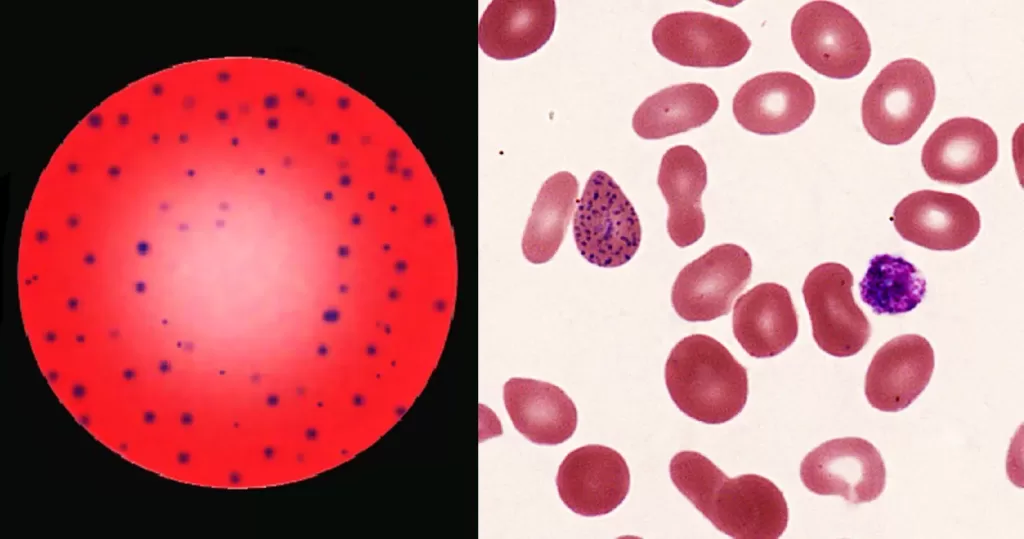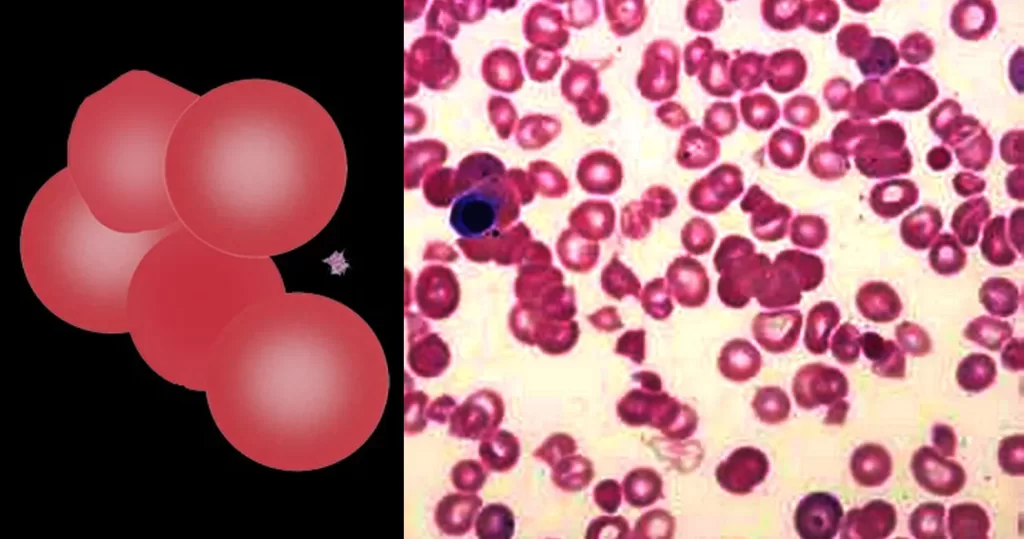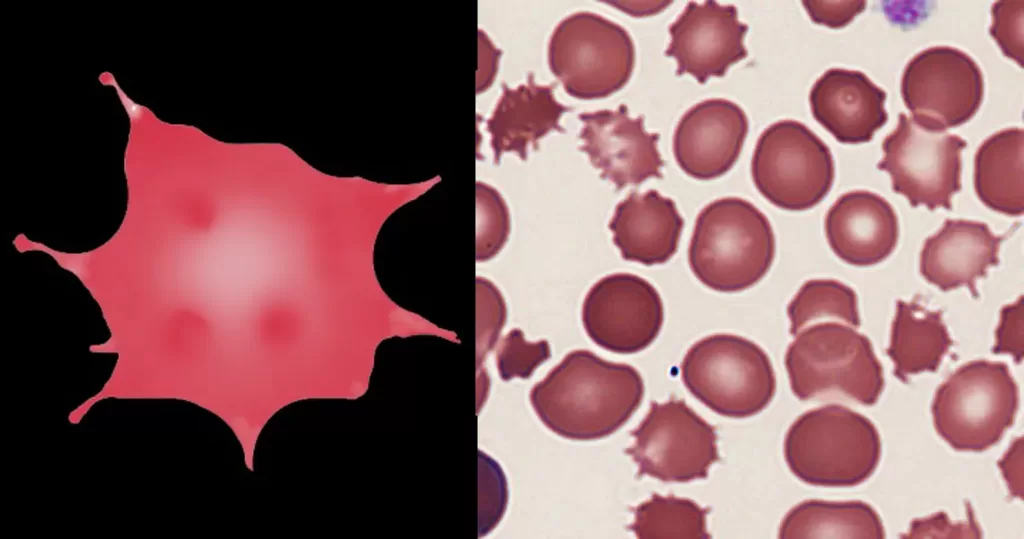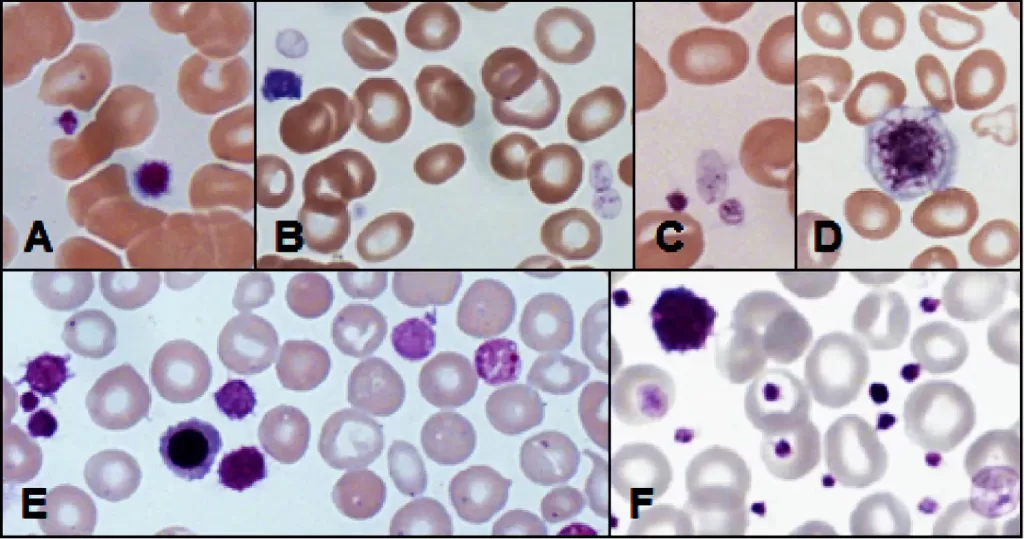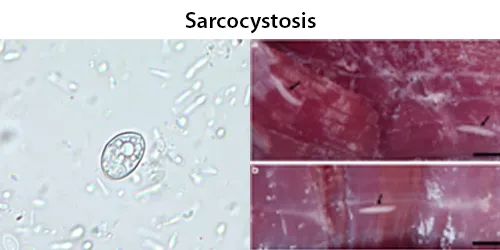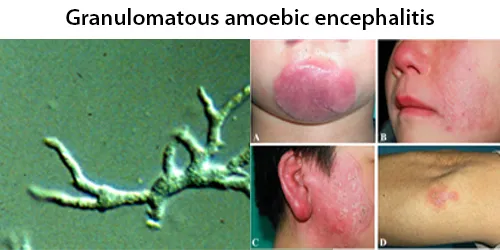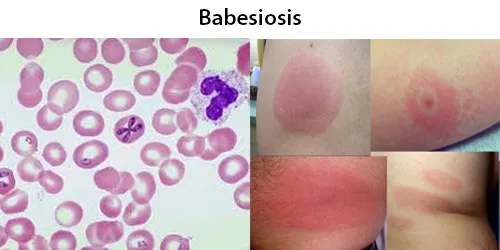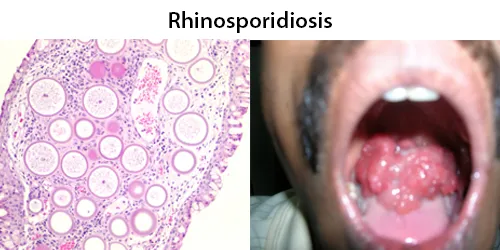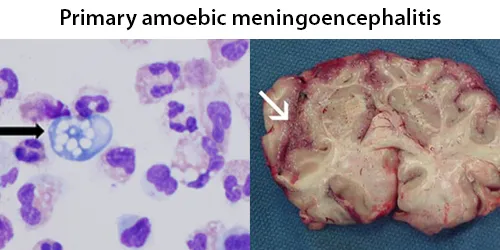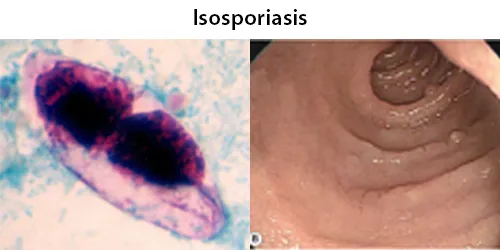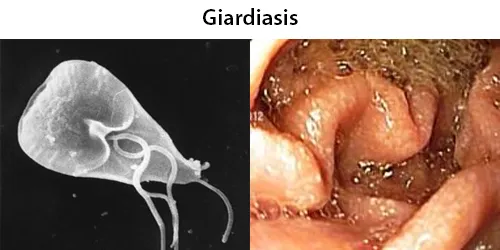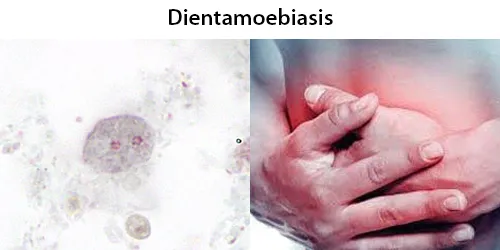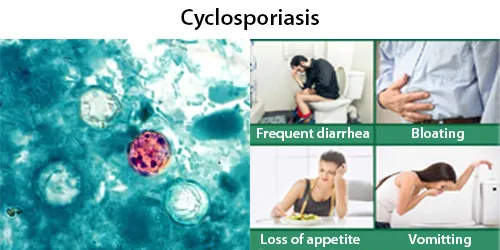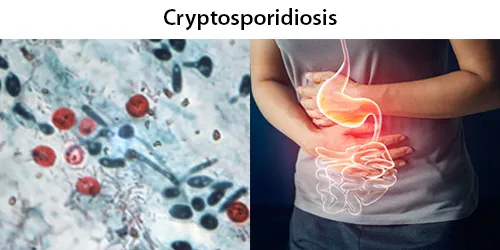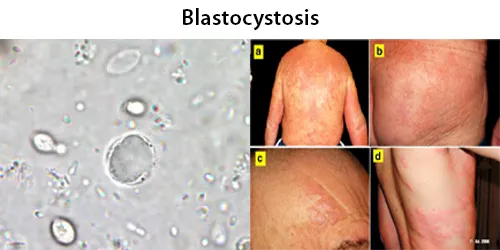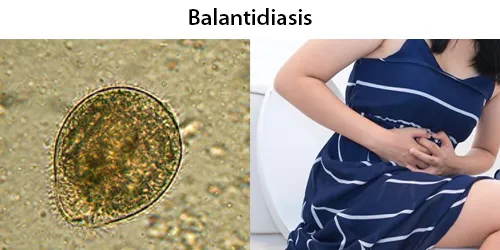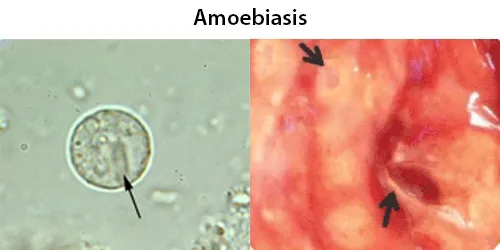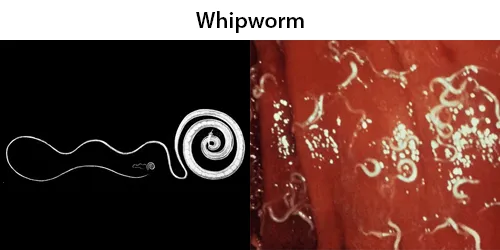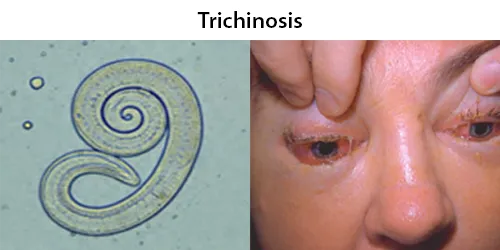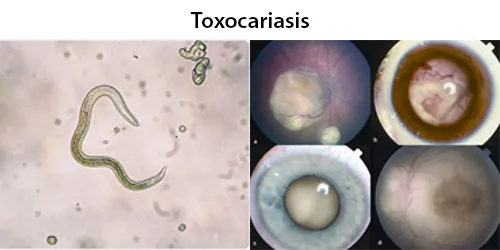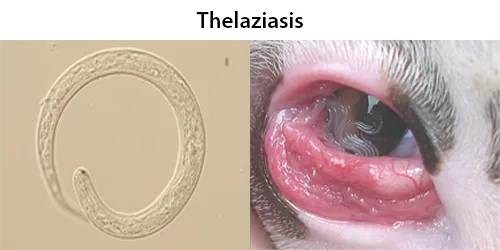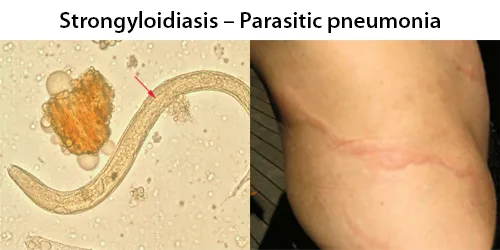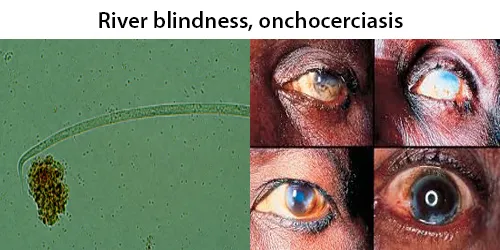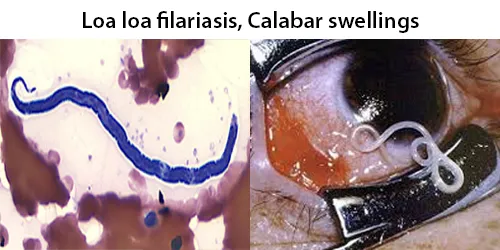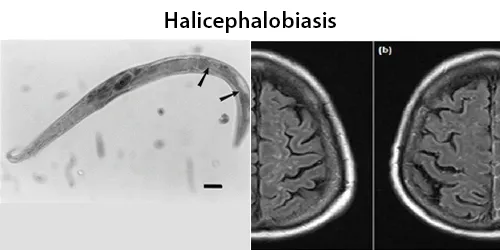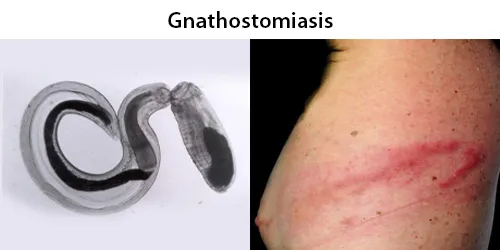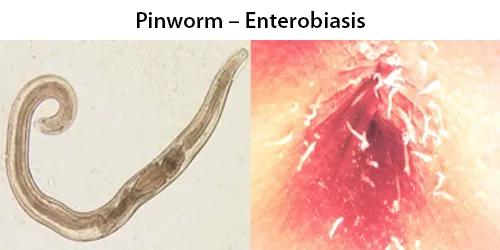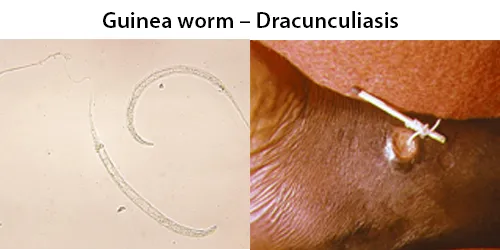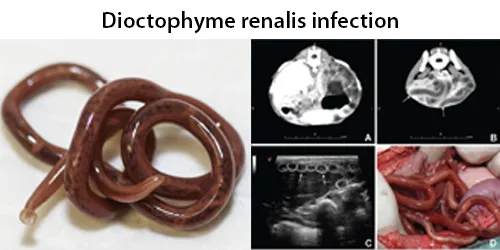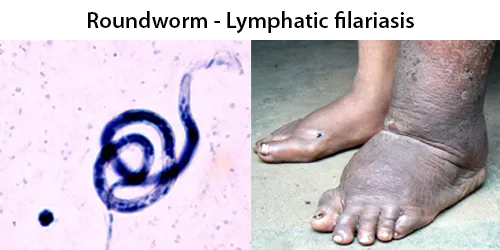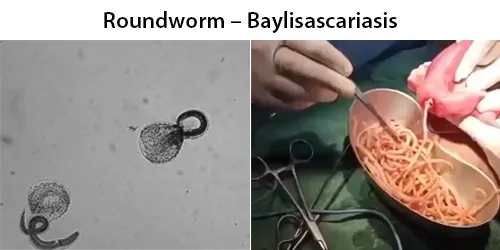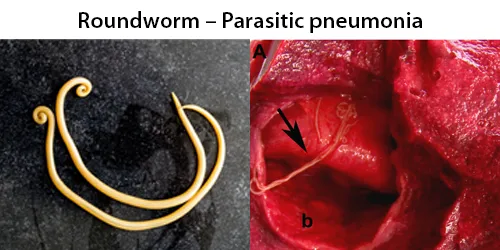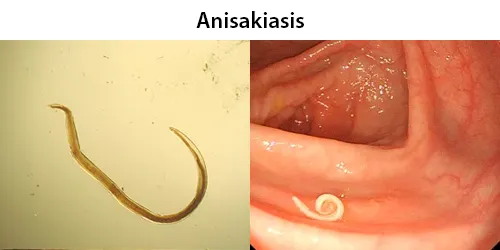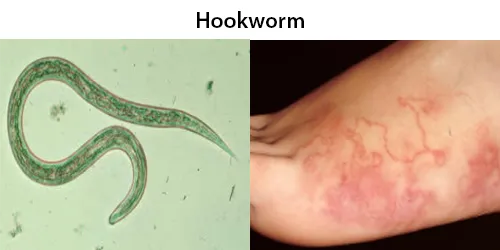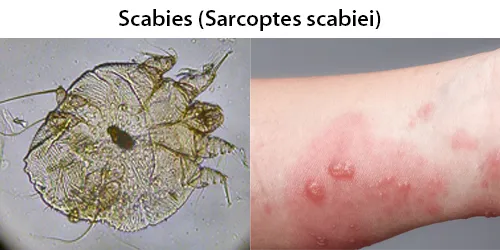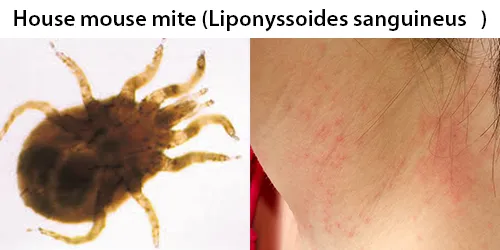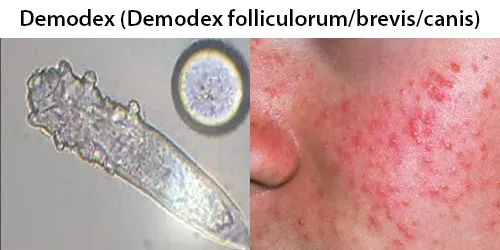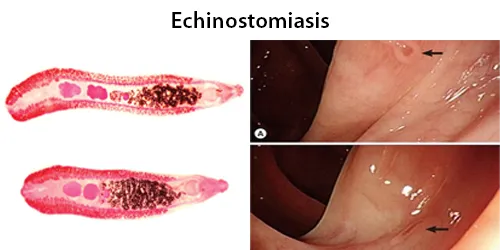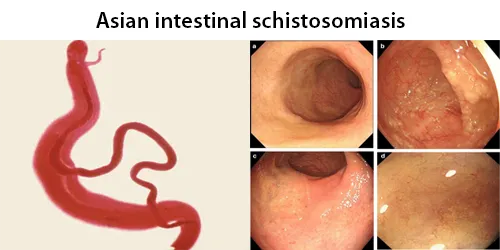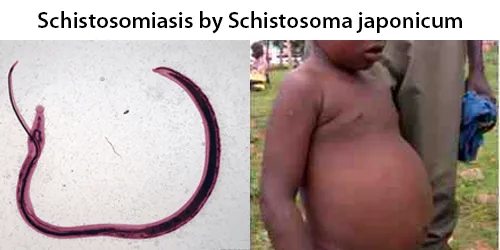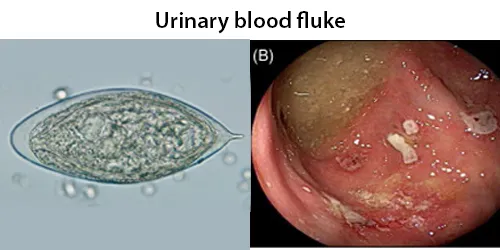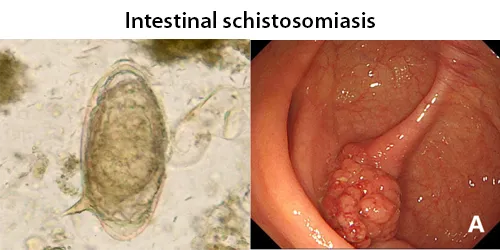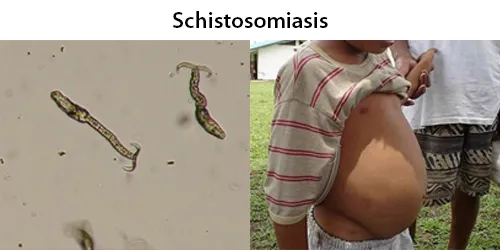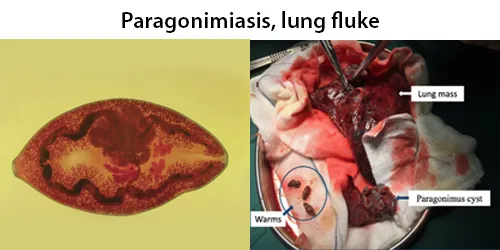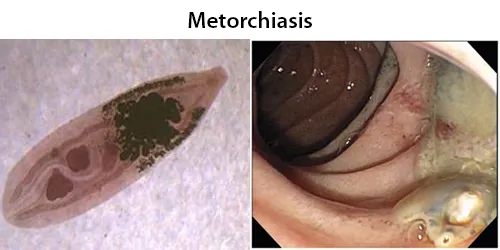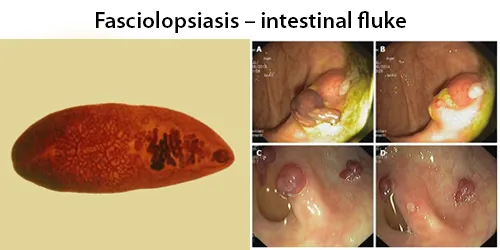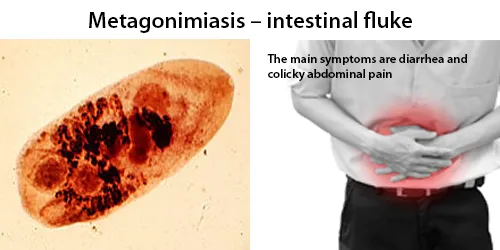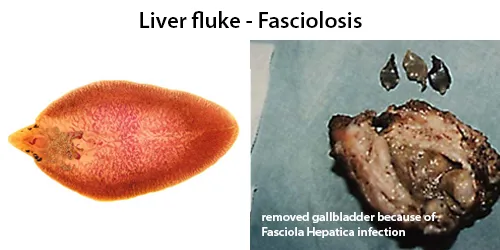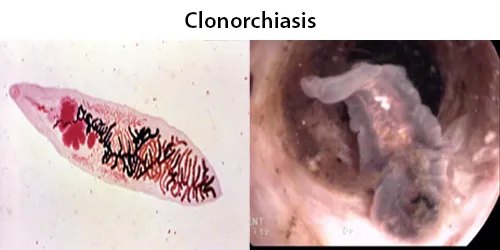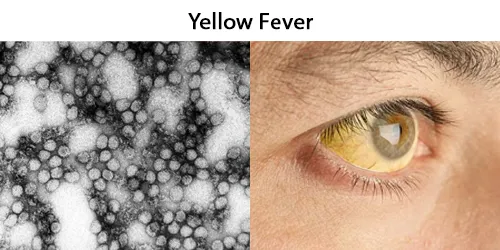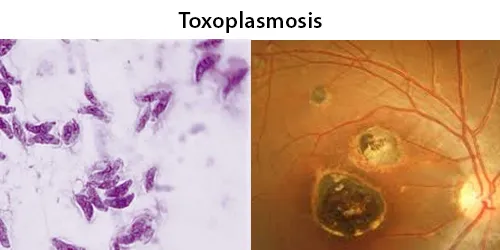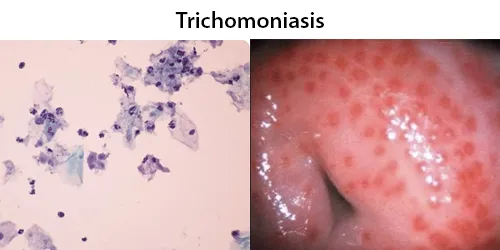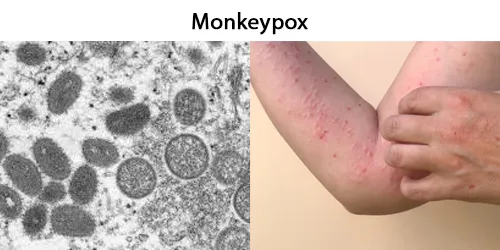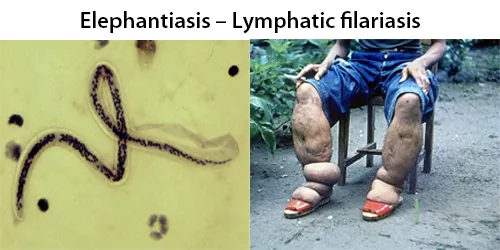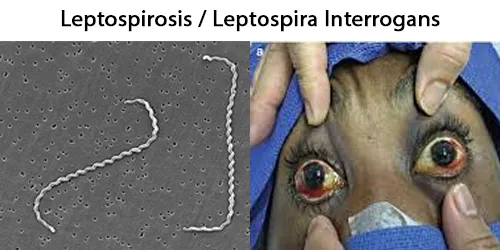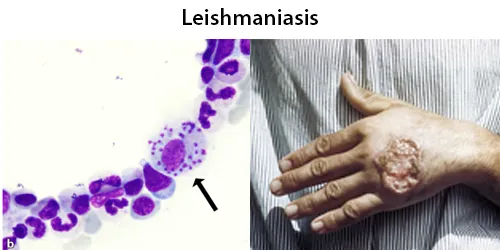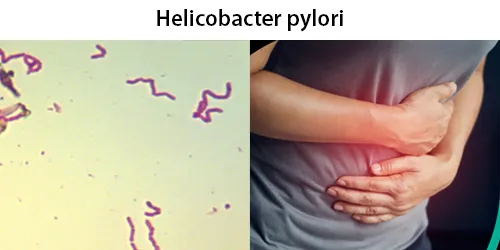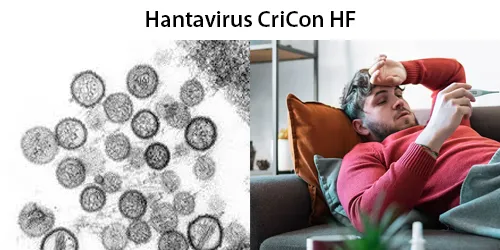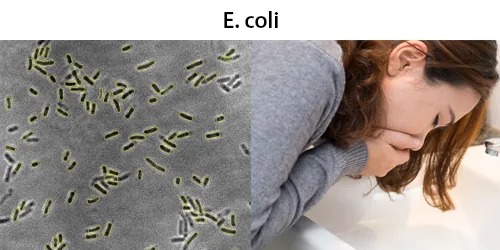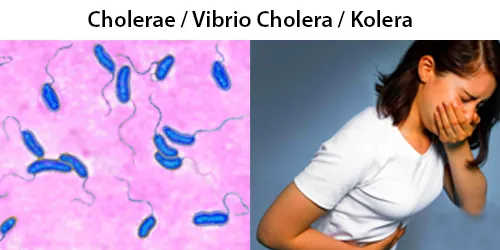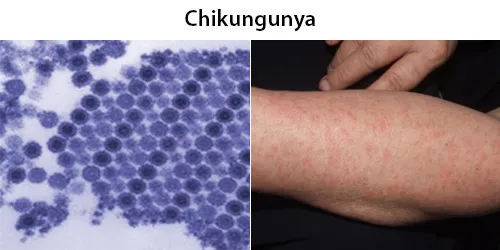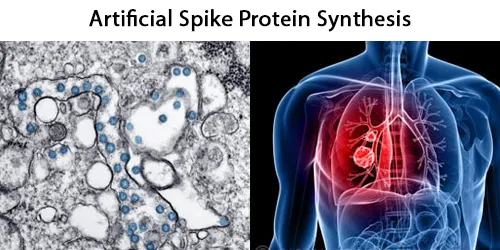Pineapple Bromelain Enzyme Kills Cancer Without Killing You
Published in 2007 in the journal Planta Medica, researchers found that an enzyme extracted from pineapple stems known as bromelain was superior to the chemo-agent 5- luorauracil in treating cancer in the animal model. The researchers stated: “This antitumoral effect [bromelain] was superior to that of 5-FU [5-fluorouracil], whose survival index was approximately 263 %, relative to the untreated control.” [view entire study]

What is so remarkable about this research is that 5-FU has been used as a cancer treatment for nearly 40 years, and has been relatively unsuccessful due to its less than perfect selectivity at killing cancer, often killing and/or irreversibly damaging healthy cells and tissue, as well.
As a highly toxic, fluoride-bound form of the nucleic acid uracil, a normal component of RNA, the drug is supposed to work by tricking more rapidly dividing cells — which include both cancer and healthy intestinal, hair follicle, and immune cells — into taking it up, thereby inhibiting (read: poisoning) RNA replication enzymes and RNA synthesis.
The material safety data sheet (MSDS) for 5-FU states:

The dose at which 50% of the animals given the drug die is 115mg/kg, or the equivalent of 7.8 grams for a 150 lb adult human.

Keep in mind that a 7.5 gram dose of 5-FU, which is the weight of 3 pennies, would kill 50% of the humans given it. Bromelain’s MSDS, on the other hand, states the LD50 to be 10,000 mg/kg, or the equivalent 1.5 lbs of bromelain for a 150lb adult, which means it is 3 orders of magnitude safer!
How then, can something as innocuous as the enzyme from the stem/core of a pineapple be superior to a drug that millions of cancers patients over the past 40 years have placed their hopes of recovery on, as well as exchanging billions of dollars for?
There is a well-known effect associated with a wide range of natural compounds called “selective cytotoxicity,” whereby they are able to induce programmed cell death (the graceful self-disassembly known as apoptosis) within the cancer cells, while leaving healthy cells and tissue unharmed. No FDA-approved chemotherapy
drug on the market today has this indispensable property (because chemicals don’t have behave like natural compounds), which is why cancer treatment is still in the dark ages, often destroying the quality of life, and accelerating the death of those who undergo it, often unwittingly. When a person dies following conventional cancer treatment it is all too easy to “blame the victim” and simply write that patient’s cancer off as “chemo-resistant,” or “exceptionally aggressive,” when in
fact the non-selective nature of the chemotoxic agent is what ultimately lead to their death.
Keep in mind that bromelain, like all natural substances, will never receive FDA drug approval. Capital, at the present time, does not flow into the development of non-patentable (i.e. non-profitable) cancer therapies, even if they work, are safe and extremely affordable. This is simply the nature of the beast. Until we compel our government to utilize our tax dollars to invest in this type of research, there will be no level playing field in cancer treatment, or any treatment offered through the conventional medical establishment, for that matter. Or, some of us may decide to take our health into our own hands, and use the research, already freely
available on possible natural cancer treatment, to inform our treatment decisions without the guidance of the modern day equivalent of the “priest” of the body, the conventional oncologist, who increasingly fills the description of an “applied pharmacologist/toxicologist” – nothing more, nothing less.
To view additional research on the potential therapeutic properties of bromelain in over 30 health conditions, visit the open source, natural medical resource page on bromelain here.
***********************
Bromelain Health Article
http://health.yahoo.net/galecontent/bromelain
Bromelain, also known as bromelin, is a protein-digesting enzyme extracted from the flesh and stem of the pineapple plant, Ananas comosus. Although the people of Guadeloupe introduced Christopher Columbus to the fruit in 1493, Europeans did not recognize the pineapple’s beneficial attributes until later. Pineapple had a long history of traditional use among the native peoples of Central and South America. They applied pineapple dressings to wounds and skin injuries to reduce inflammation, and eased stomachaches and indigestion by drinking the juice of the fruit.
Bromelain was first isolated from pineapple juice in 1891 and introduced as a therapeutic supplement in 1957. The active ingredients of bromelain are found in the juice and stem of the pineapple plant, but the stem contains more bromelain than the fruit.
General use
Bromelain is most notable for its effectiveness in the reduction of inflammation and decreasing swelling, but the scope of its benefits continues to increase. As a natural anti- nflammatory enzyme, bromelain has many uses. Arthritis patients may reduce the swelling that causes joint pain by taking bromelain. Bromelain may also be helpful for the pain, numbness, tingling, aching, and loss of motor and sensory function in the fingers resulting from carpal tunnel syndrome (CTS).
The protease enzyme is beneficial in reducing the clumping of platelets (small platelike bodies in the blood), the formation of plaques in the arteries, and the formation of blood clots. All these effects help to prevent and treat cardiovascular disease. Bromelain has also been discovered to have anti-tumor action, as well as helping the body absorb medications.
Although bromelain is often labeled an alternative treatment, mainstream medical research continues to study its effectiveness in the prevention and treatment of hematomas, or localized blood clots. Bromelain has been found useful in the reduction of swelling and congestion in the affected tissue after an athletic injury
or surgery. It is commonly used in Germany for this purpose.
Bromelain’s anti-clotting activity may be useful in preventing strokes, one of the most feared results of obstructions in the circulatory system. Due to the lack of oxygenated blood flowing to the brain, a stroke can cause permanent damage to the affected area of the central nervous system. Bromelain is thought to help maintain healthy cardiac tissue and reduce the risk of stroke by its anti-inflammatory activity. By preventing mild infection or inflammation caused by the fatty substances inside the blood vessels where plaque may form, bromelain helps to reduce inflammation by digesting the byproducts of tissue repair.
Bromelain is helpful to people with colds due to its ability to reduce mucus and keep it moving out of the body. Bromelain has also been shown to reduce the painful inflammation associated with costochondritis, an inflammation of the cartilage that attaches the ribs to the breastbone. In addition, bromelain appears to be beneficial to asthma patients. Asthma is caused by spasms of the bronchial passages that restrict the flow of air in and out of the lungs. Taking bromelain may reduce the excess mucus that tends to collect in the respiratory systems of asthma patients. In addition, people who suffer from hay fever and similar seasonal allergies may also be helped by bromelain’s antiinflammatory activity.
Additional benefits of bromelain include reducing the painful symptoms of varicose veins, including dull aches, tired legs and feet, and itchy skin. Research has also shown that bromelain benefits cows as well as humans. Bromelain has been shown to reduce the white blood cell count in cows with mastitis. This reduction increases the quality of their milk. Researchers have found that bromelain works to reduce inflammation by interfering with the synthesis of prostaglandins and other inflammatory substances.
Preparations
Bromelain is available as a dietary supplement that is offered in several different tablet strengths. For rheumatoid arthritis, the recommended dosage of bromelain is 250-750 mg,taken two or three times a day between or before meals. In Germany, the standard dosage to reduce swelling after surgery is 80-320 mg daily. The supplement has found to offer the most benefit when taken on an empty stomach, and its therapeutic effects are also enhanced when taken in higher doses.
Increasing the dosage of bromelain to 400-1,000 mg per day has shown to reduce the symptoms of angina pectoris (the severe pain and feeling of constriction about the heart that often radiates to the left shoulder and down the left arm).
Precautions
Bromelain has shown to be generally safe when taken in moderate doses, although a preliminary report links an increased heart rate with the use of the supplement. People with an inflammation of the stomach lining should not use digestive enzyme supplements such as bromelain. In addition, the safe use of bromelain in pregnant or nursing women, small children, and people with kidney or liver disease has not been established.
Side effects
While bromelain can be taken safely without side effects in moderate doses, there are anecdotal reports of allergic reactions to it. Other side effects that have been observed include nausea, vomiting, diarrhea, and menorrhagia (excessively heavy menstrual flow).
KEY TERMS
- Plaque
- An abnormal hardened deposit on the inner wall of an artery. Bromelain Enzyme
Interactions
Because of bromelain’s anti-clotting activity, it should not be combined with other blood-thinning medications, such as warfarin (Coumadin), heparin, or aspirin. It is also possible that bromelain could cause problems with bleeding if it is combined with other complementary therapies that thin the blood, such as garlic or gingko biloba.
Author Info:
Sayer Ji Bromelain Enzyme
GreenMedInfo
Sat, 24 Dec 2011 11:31 CST






















